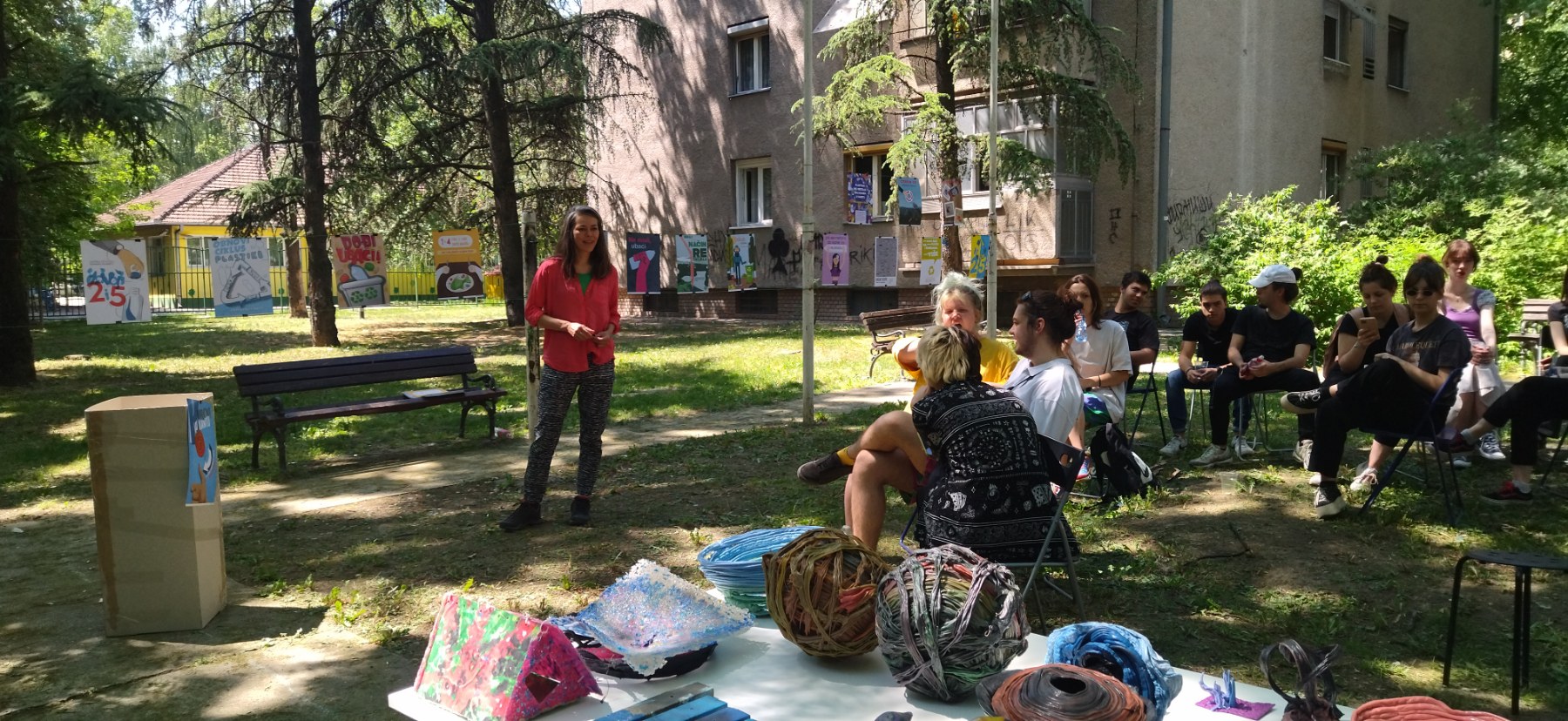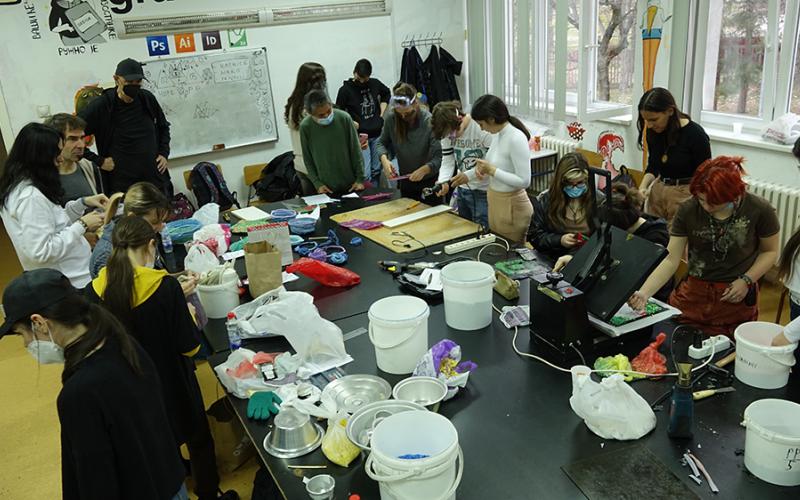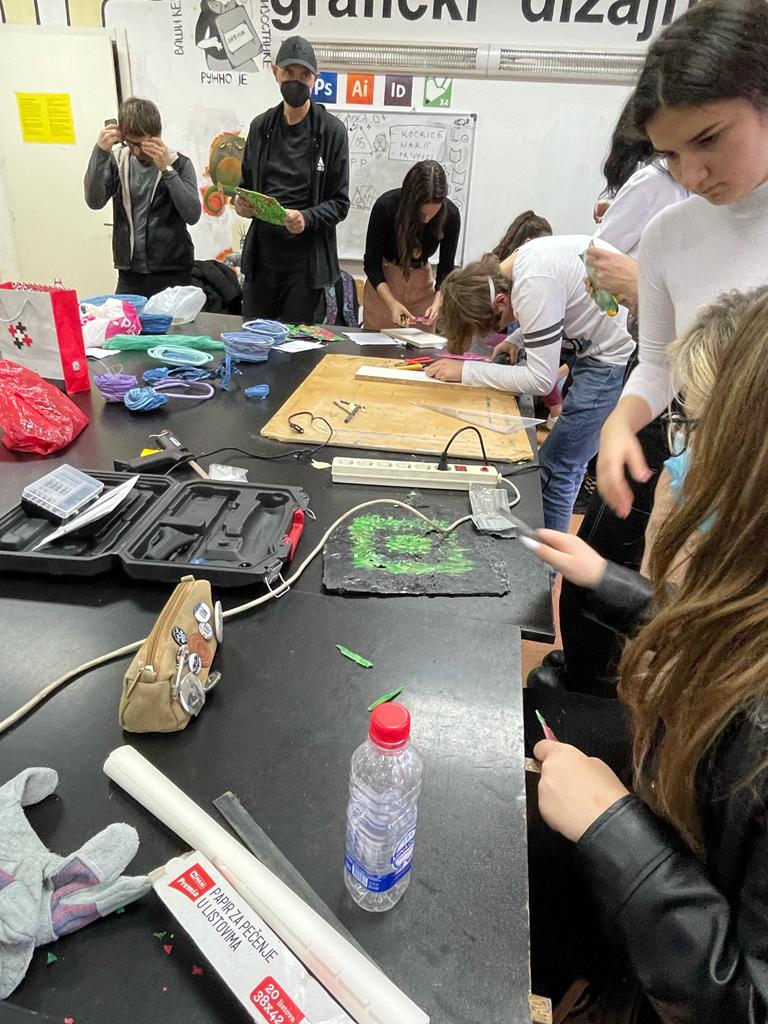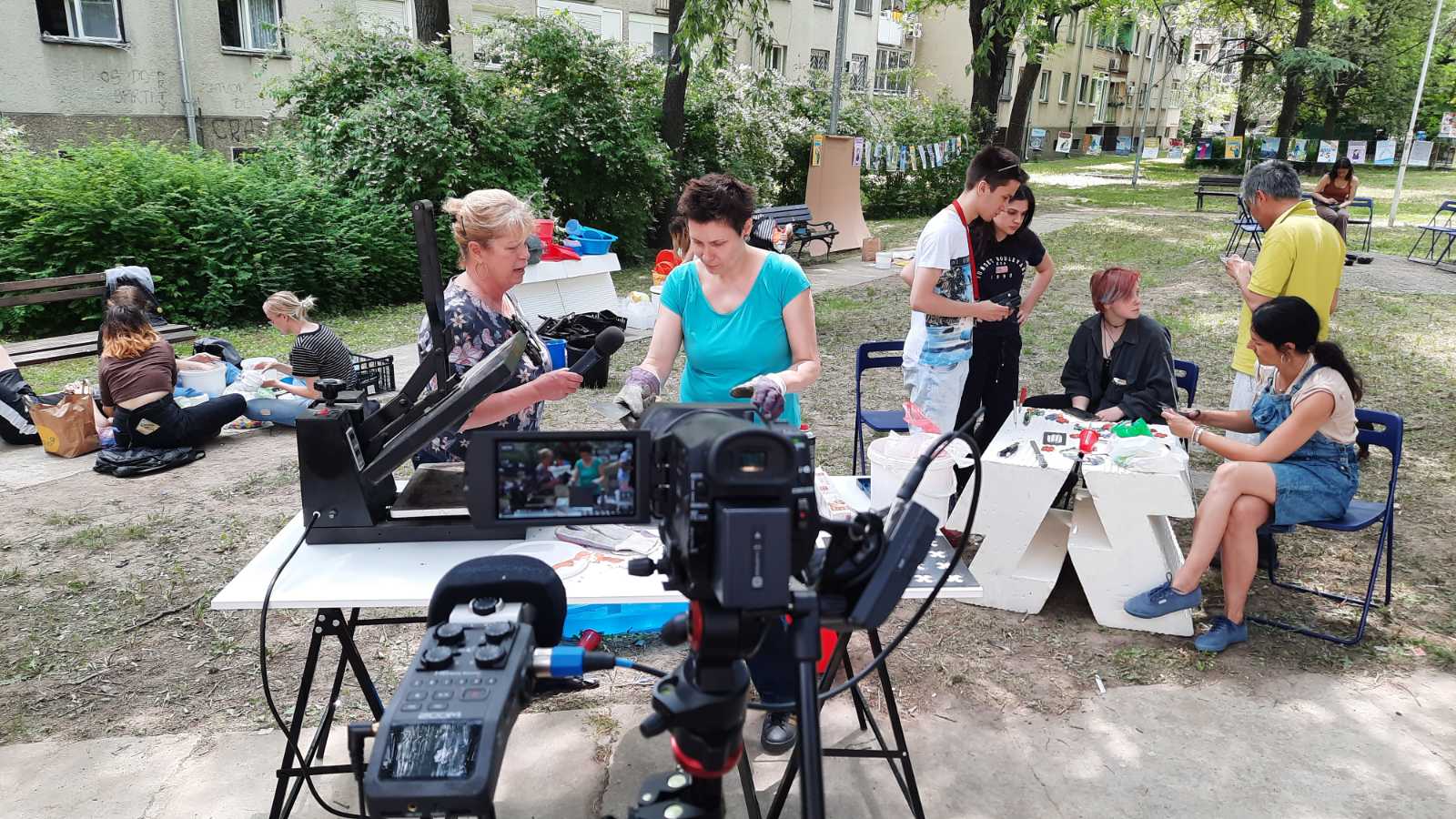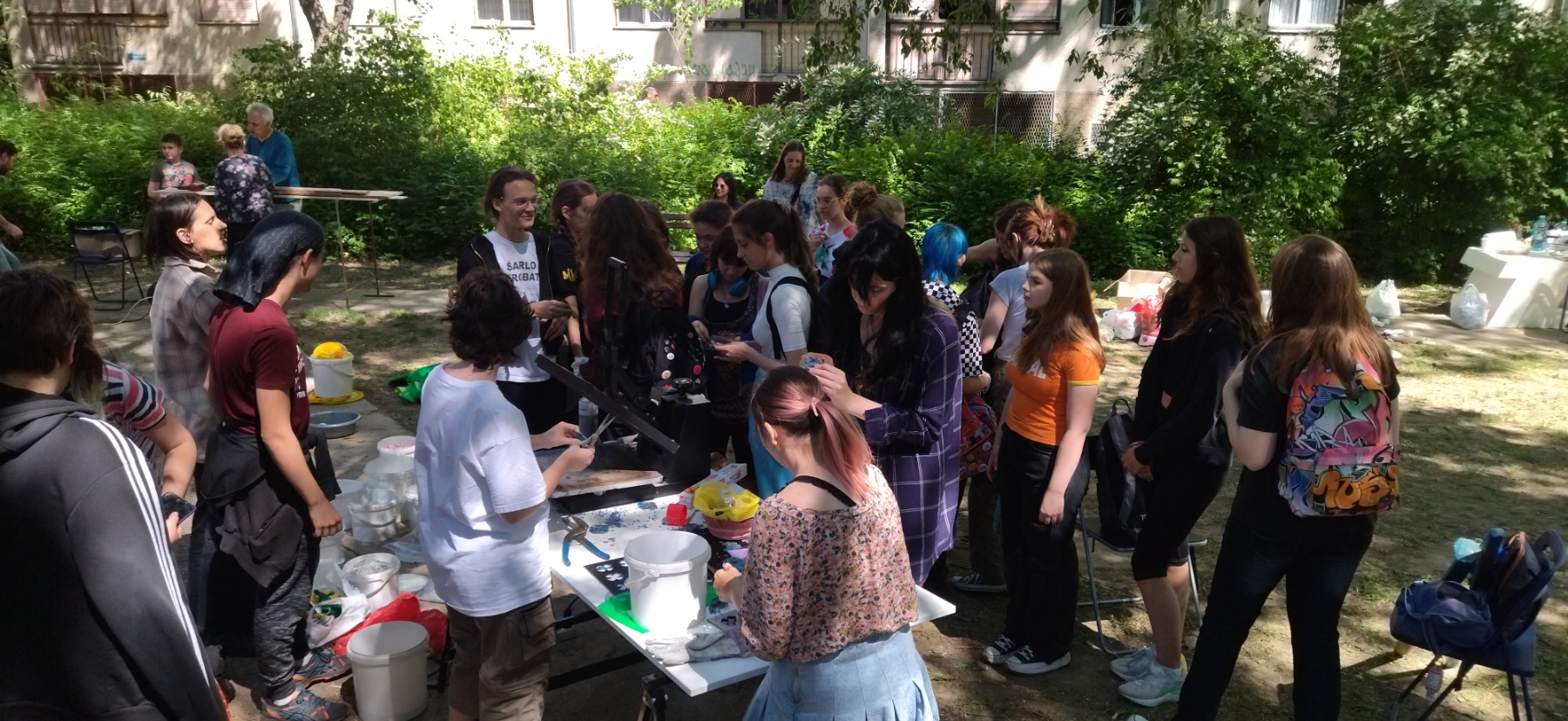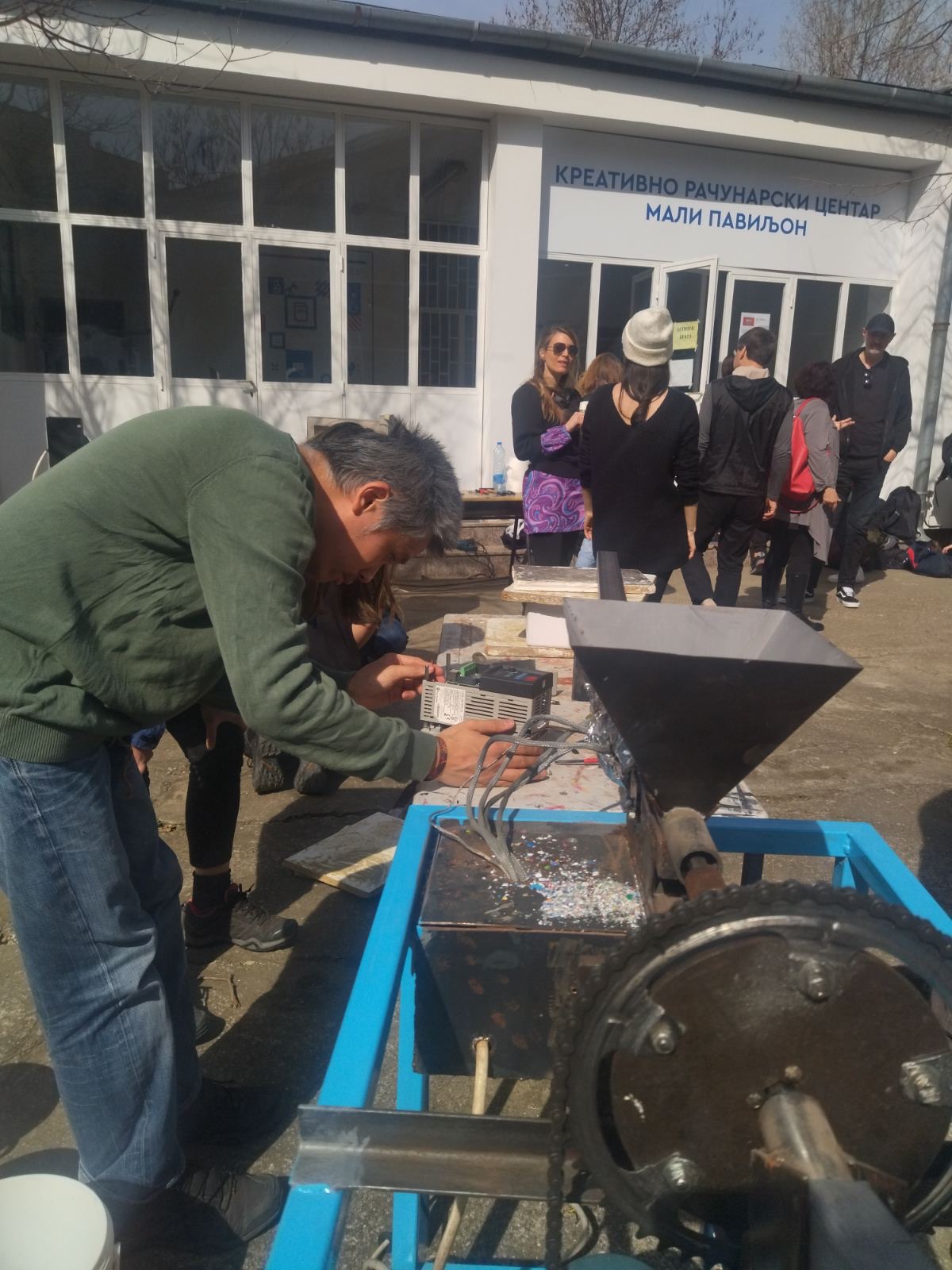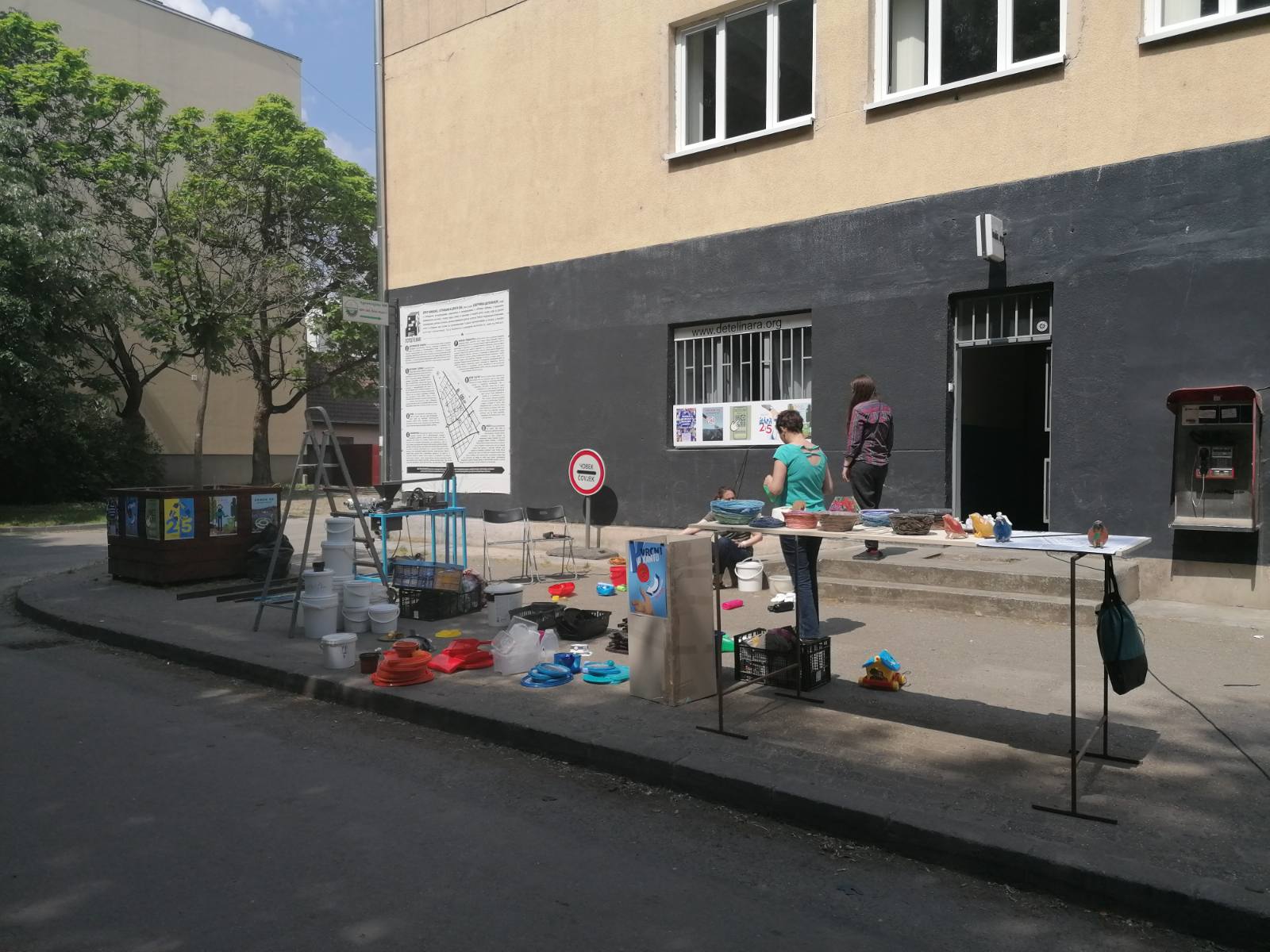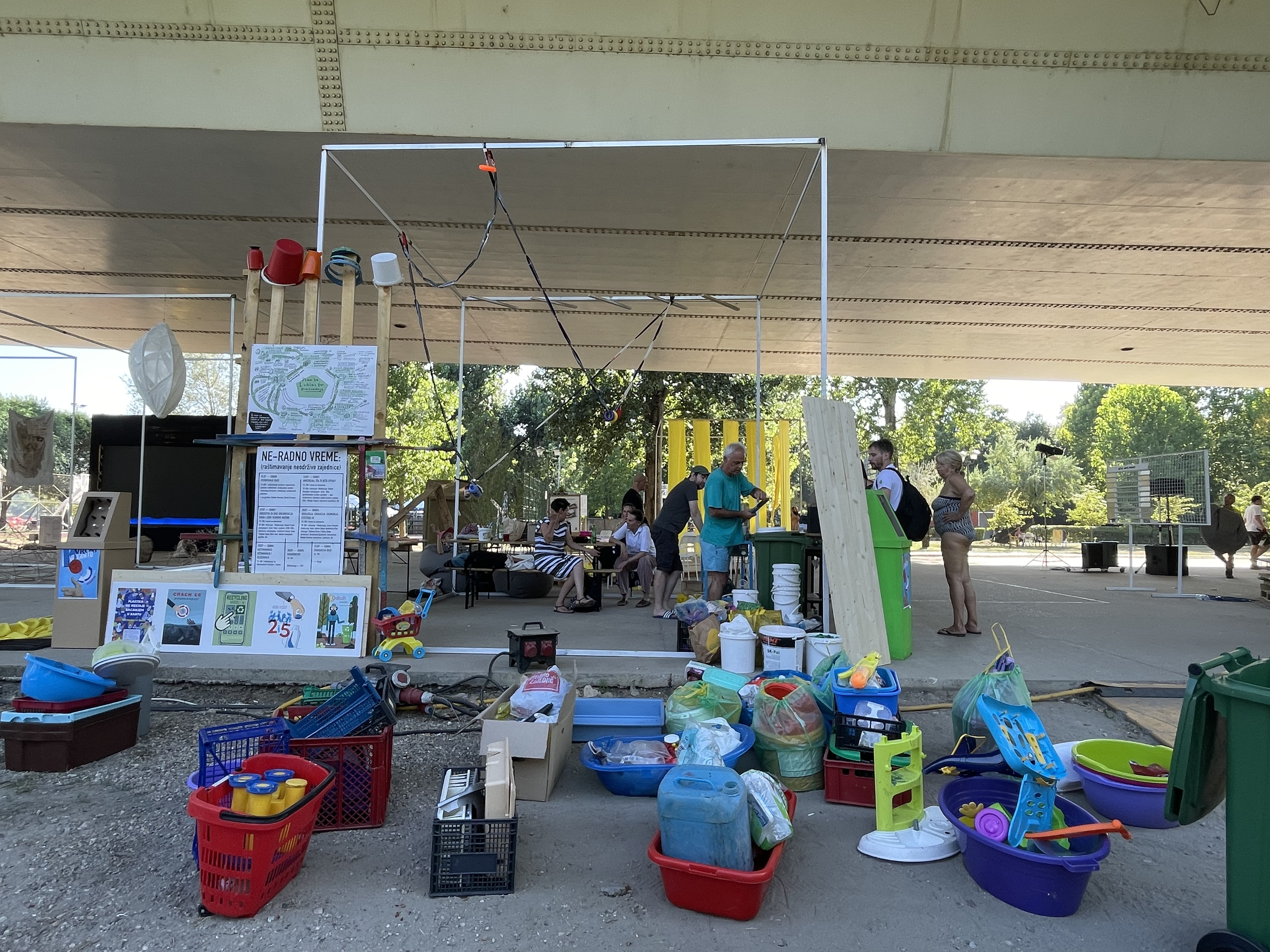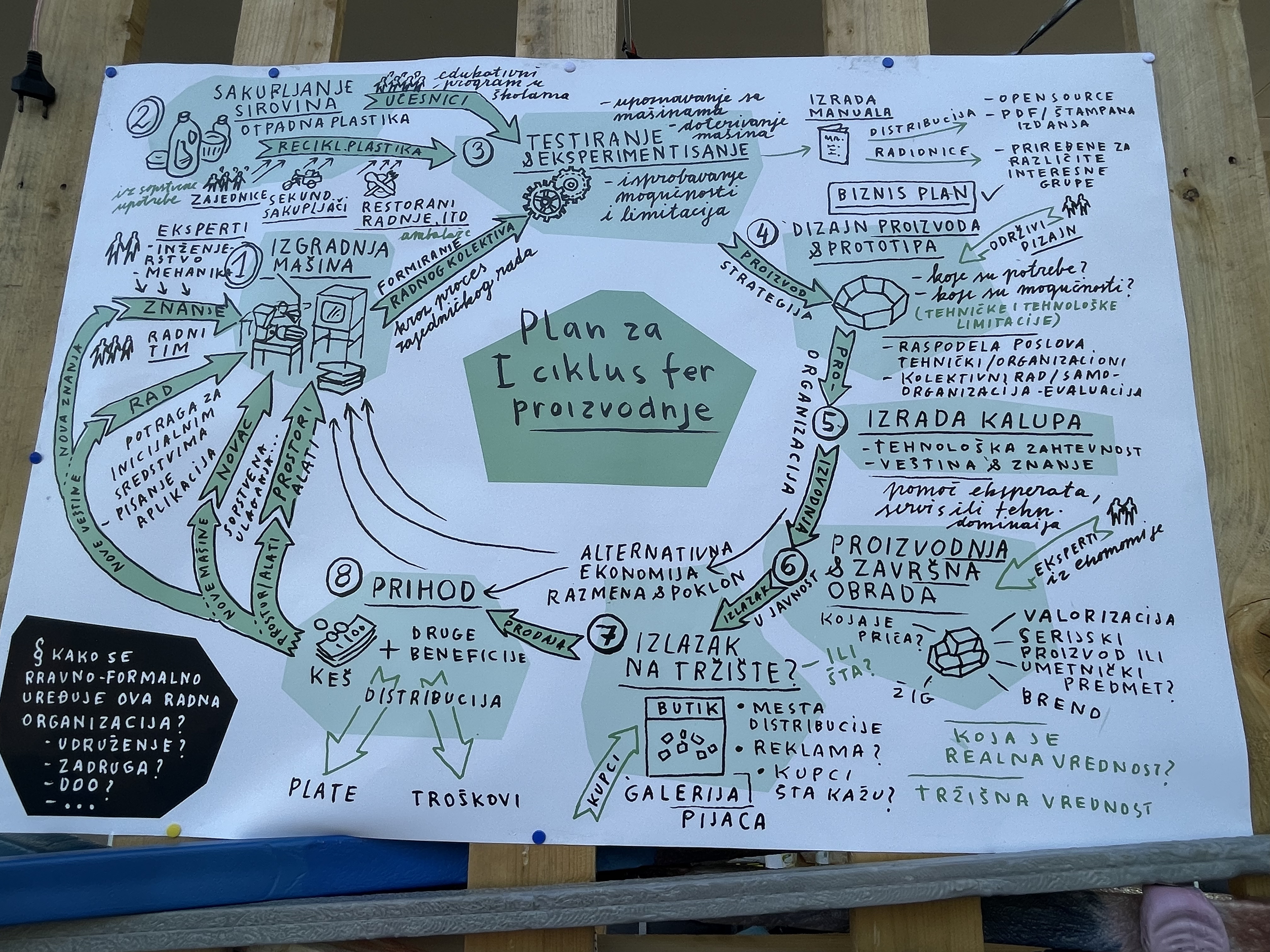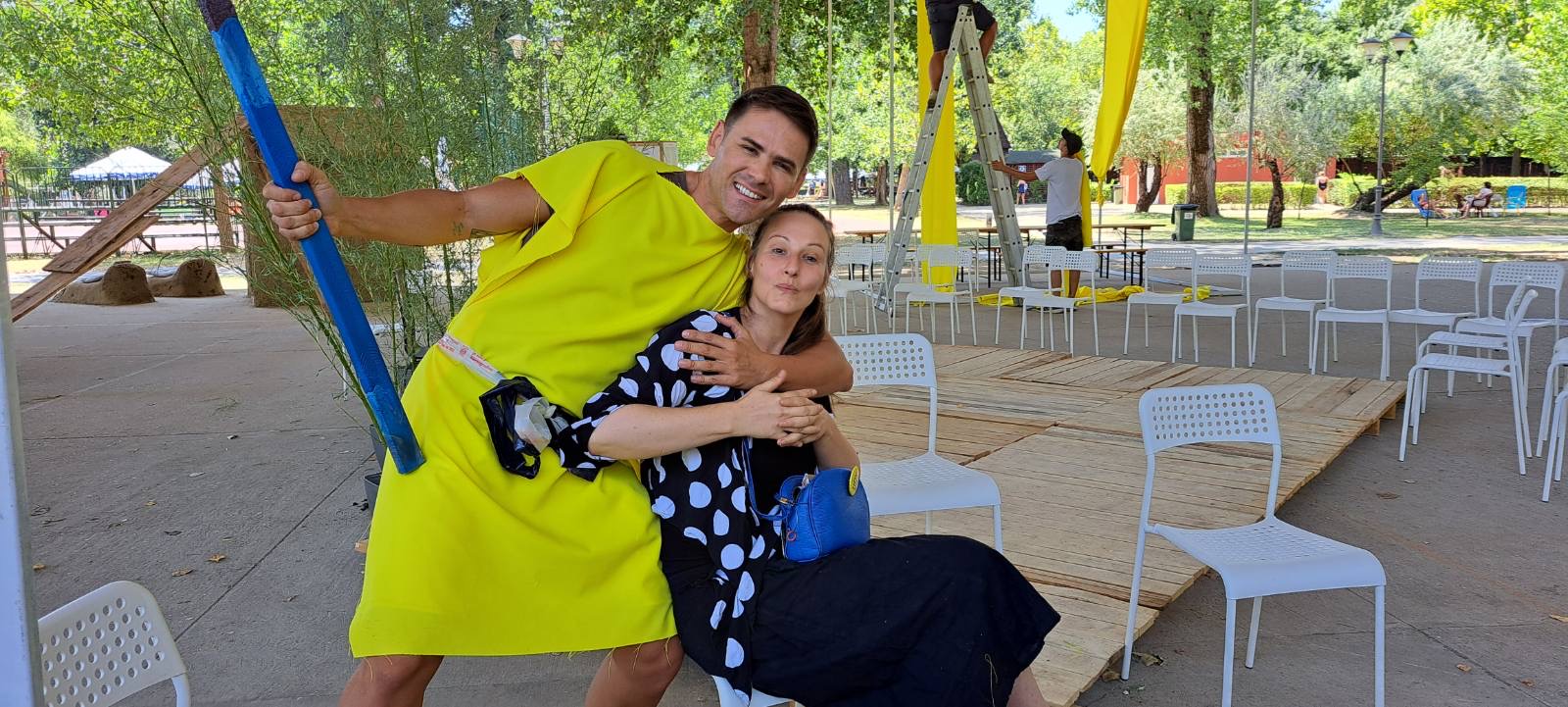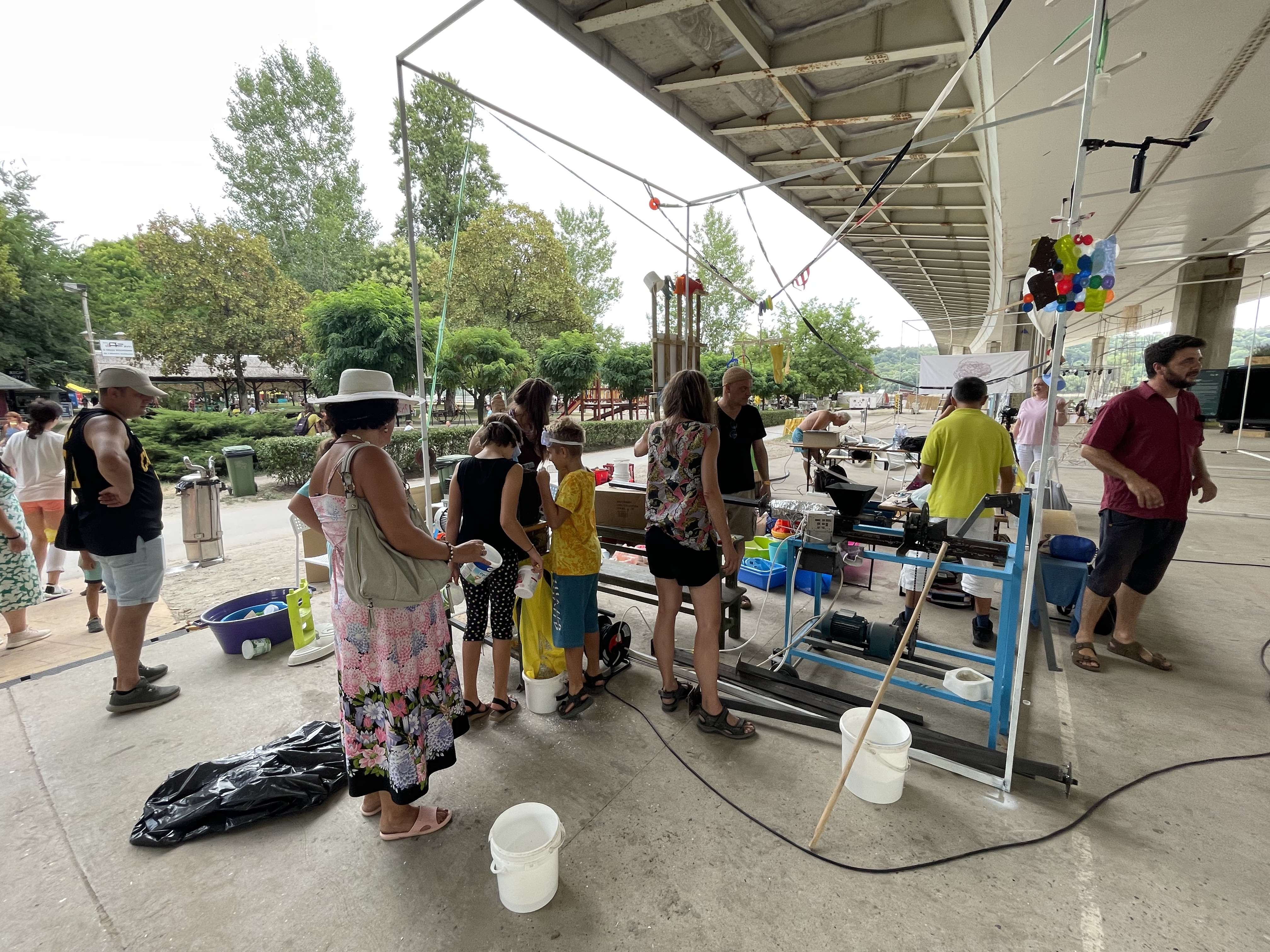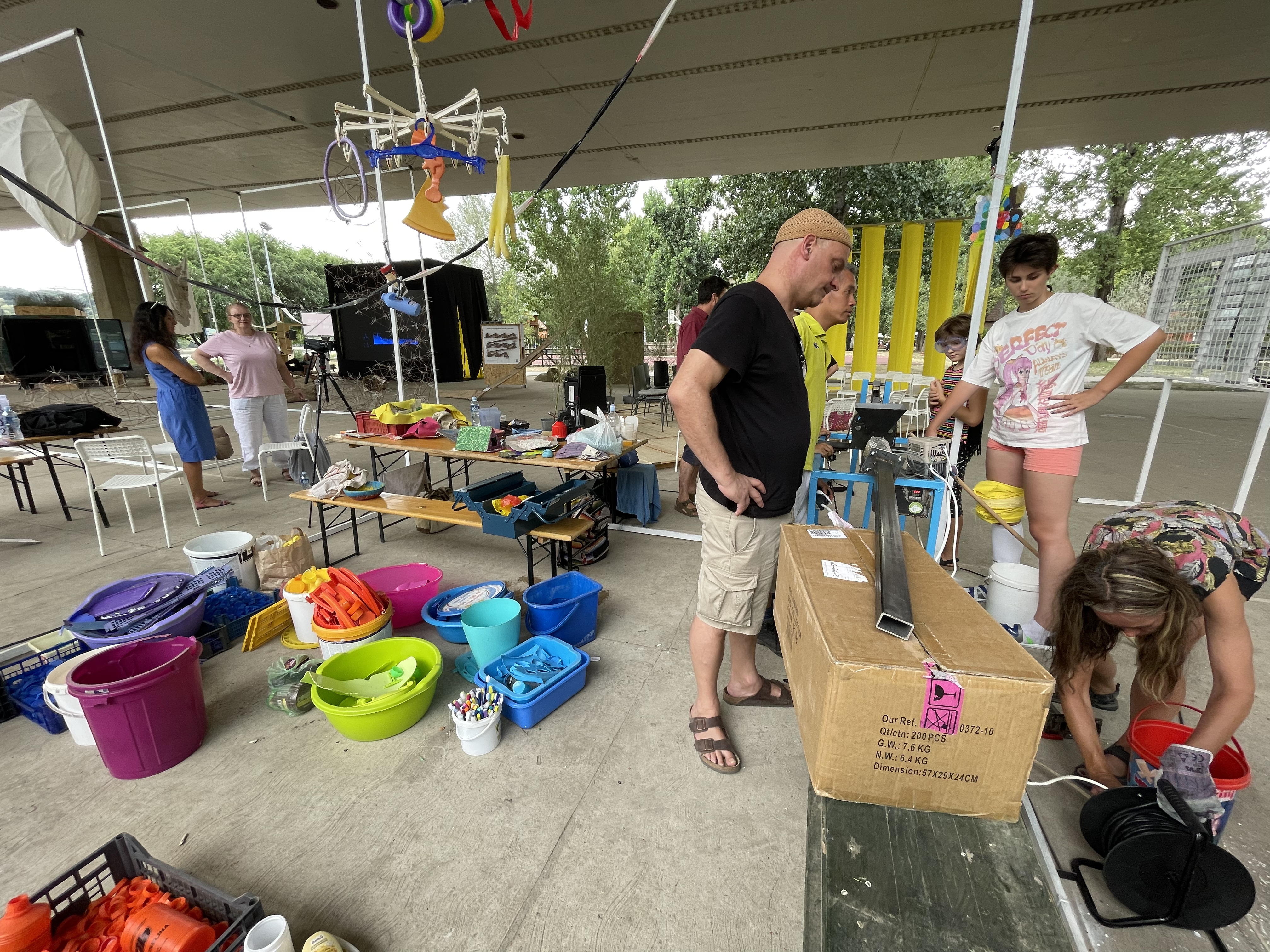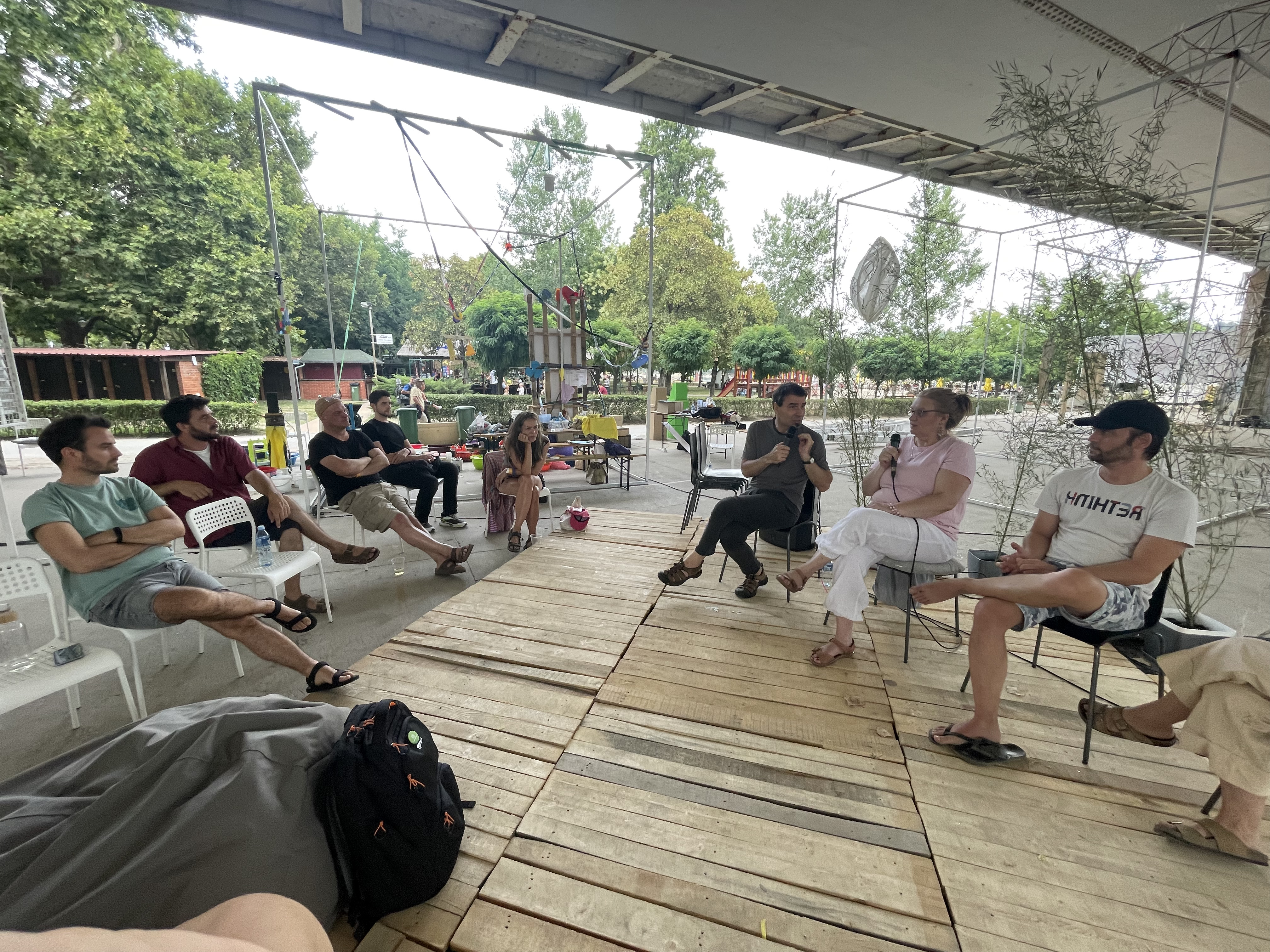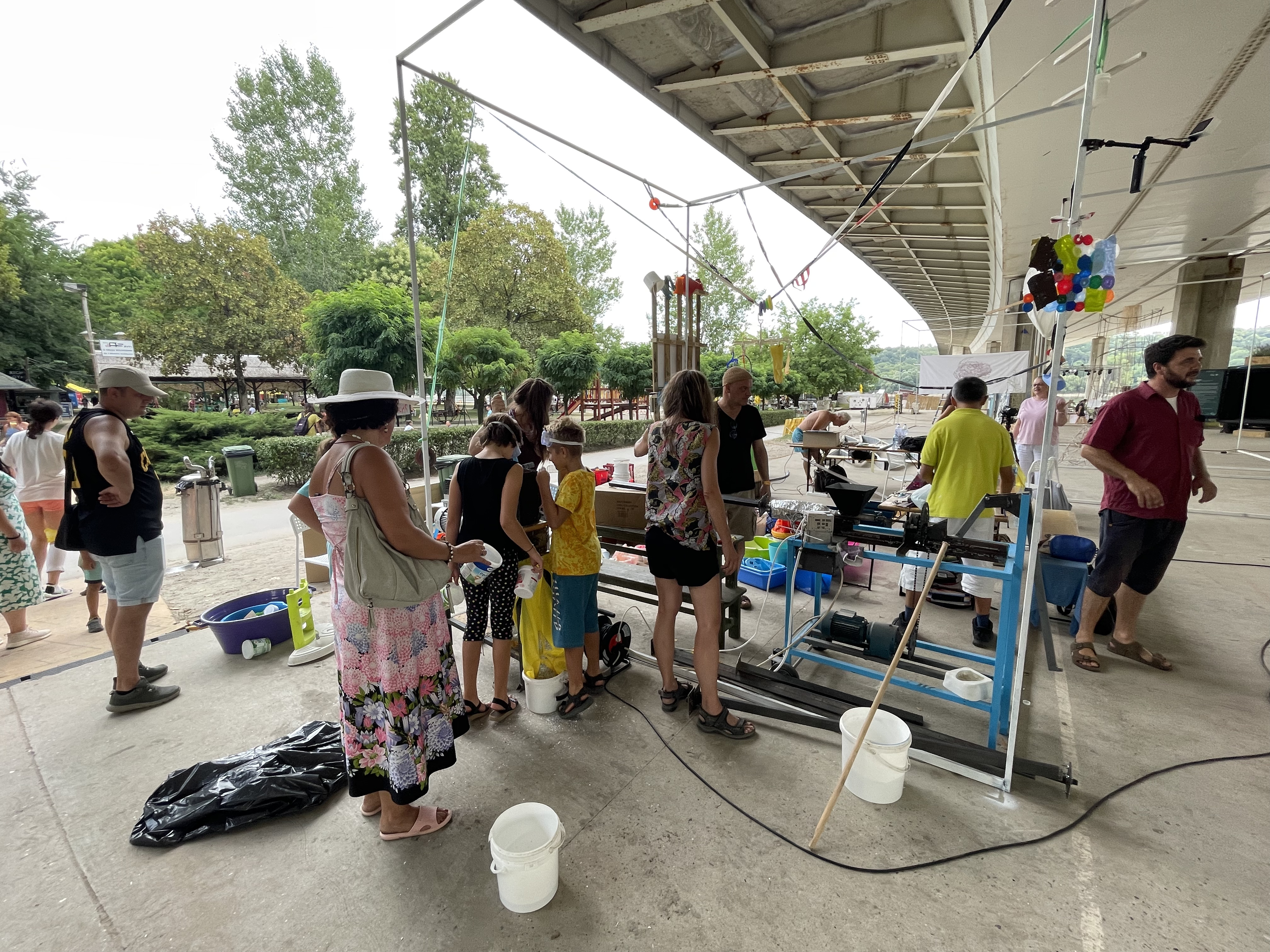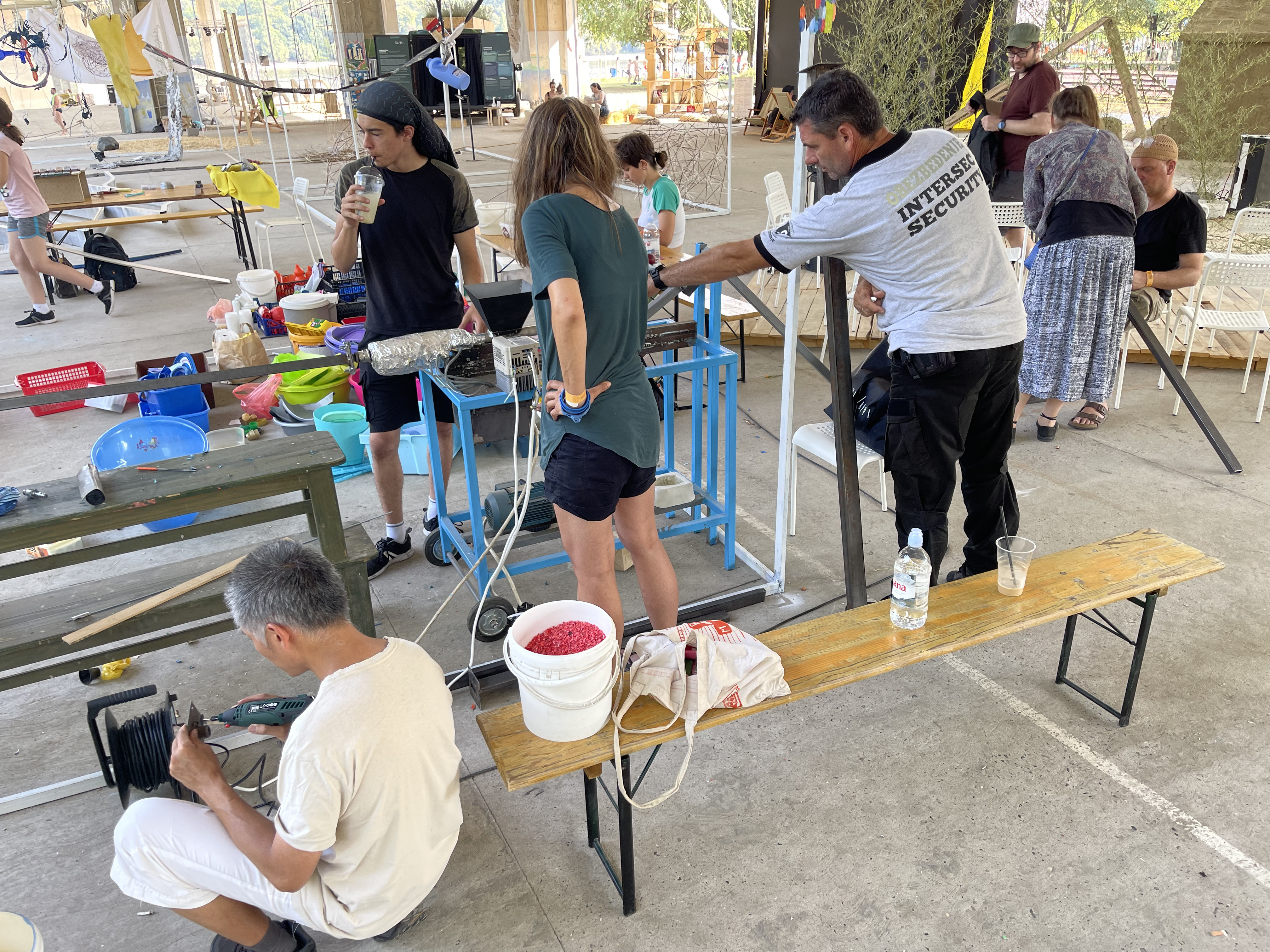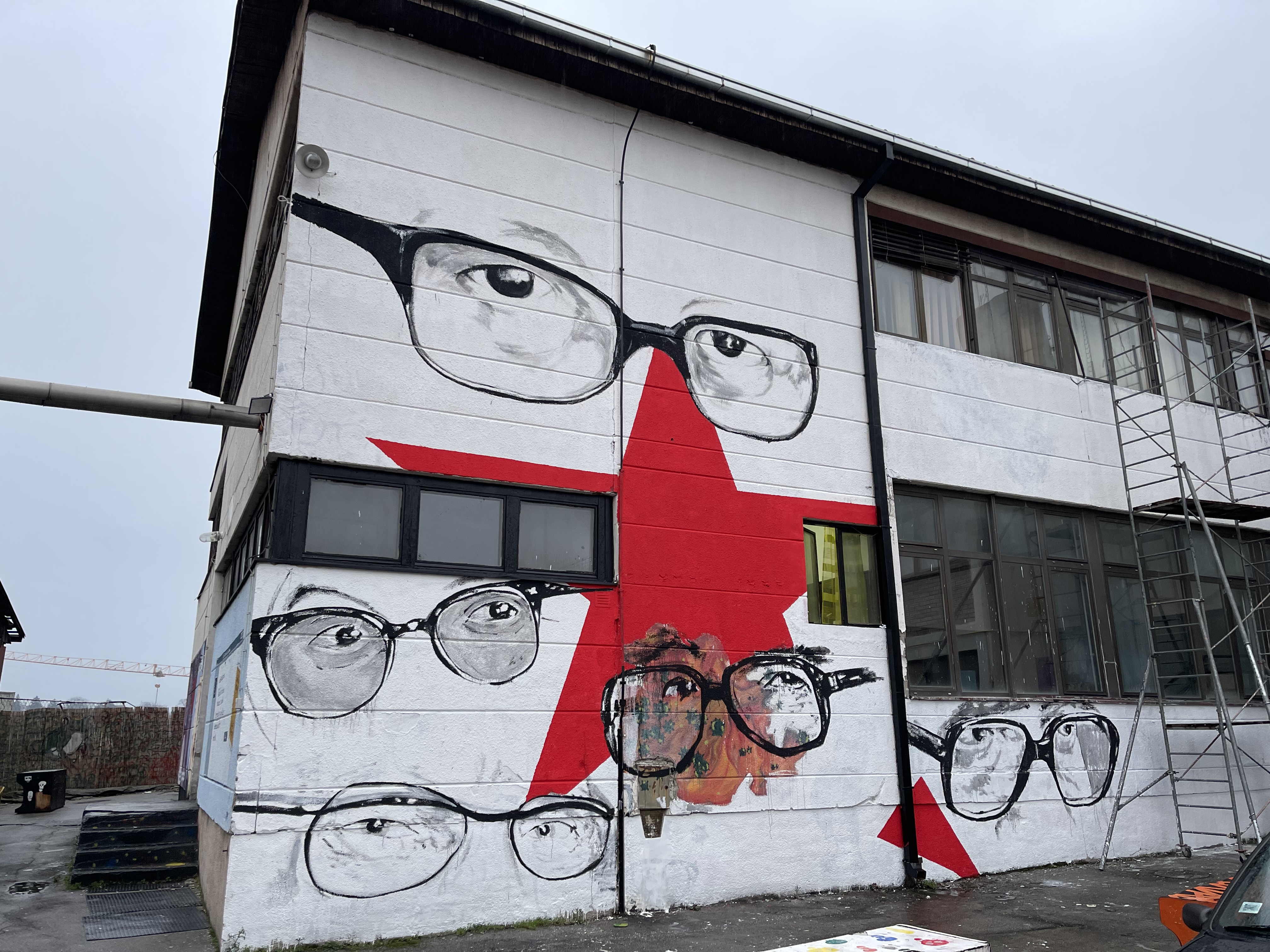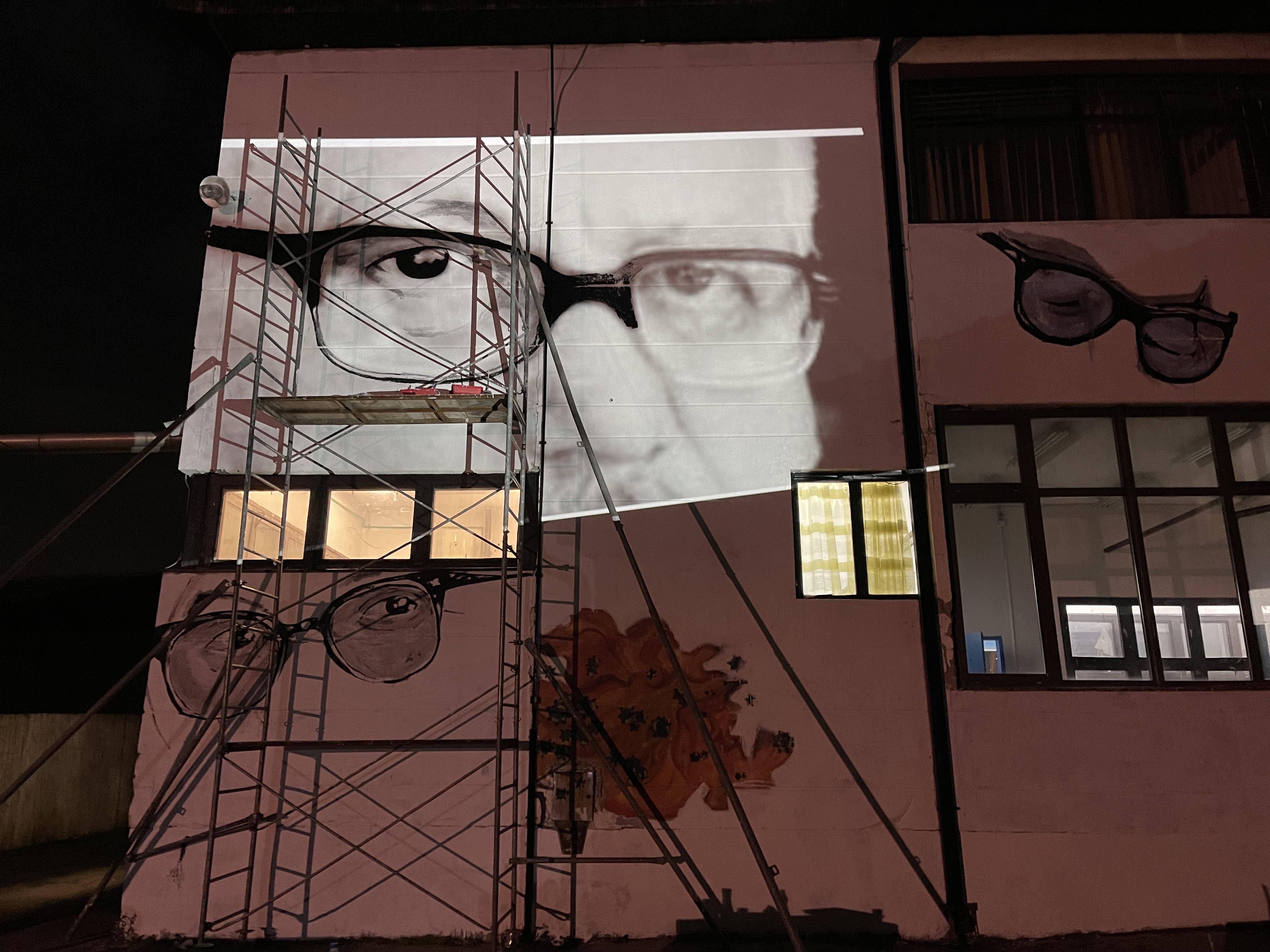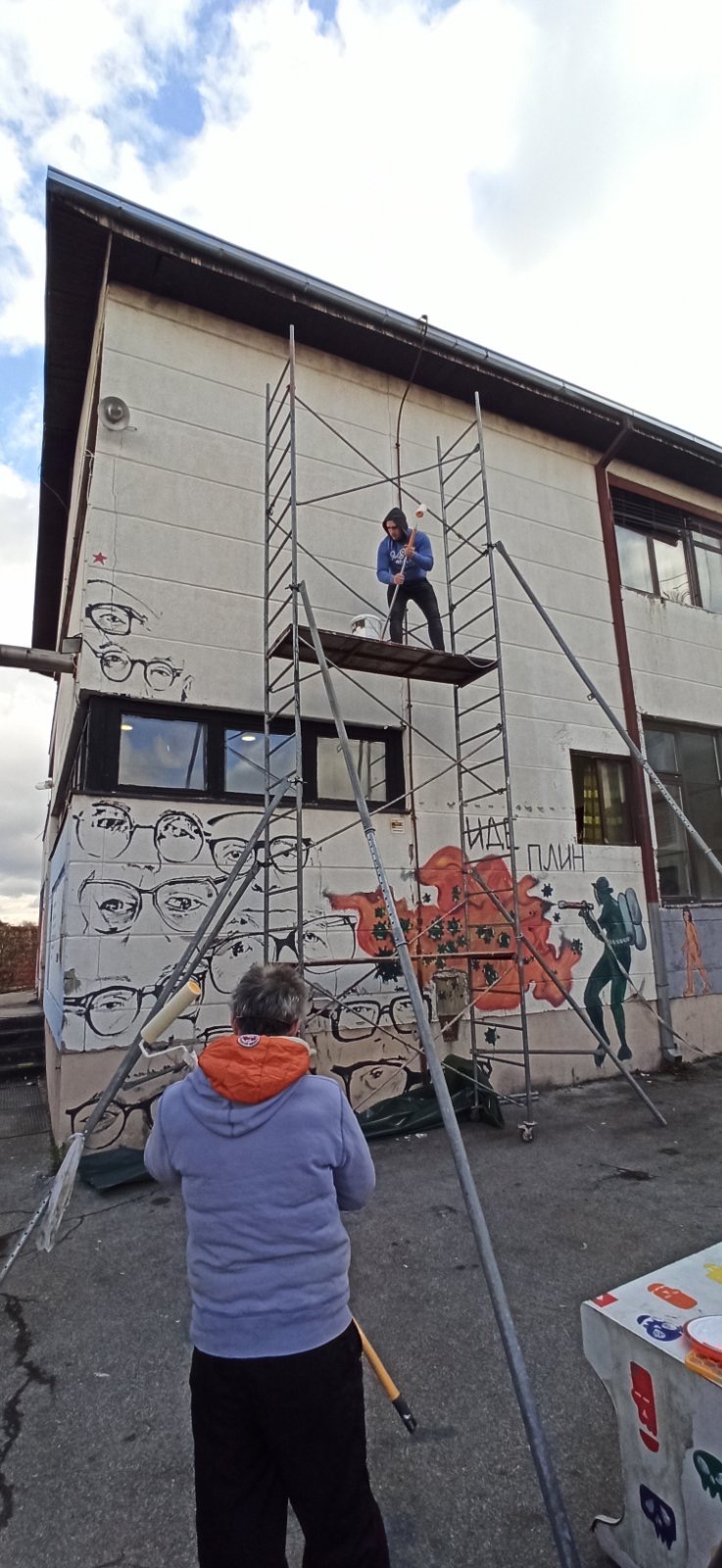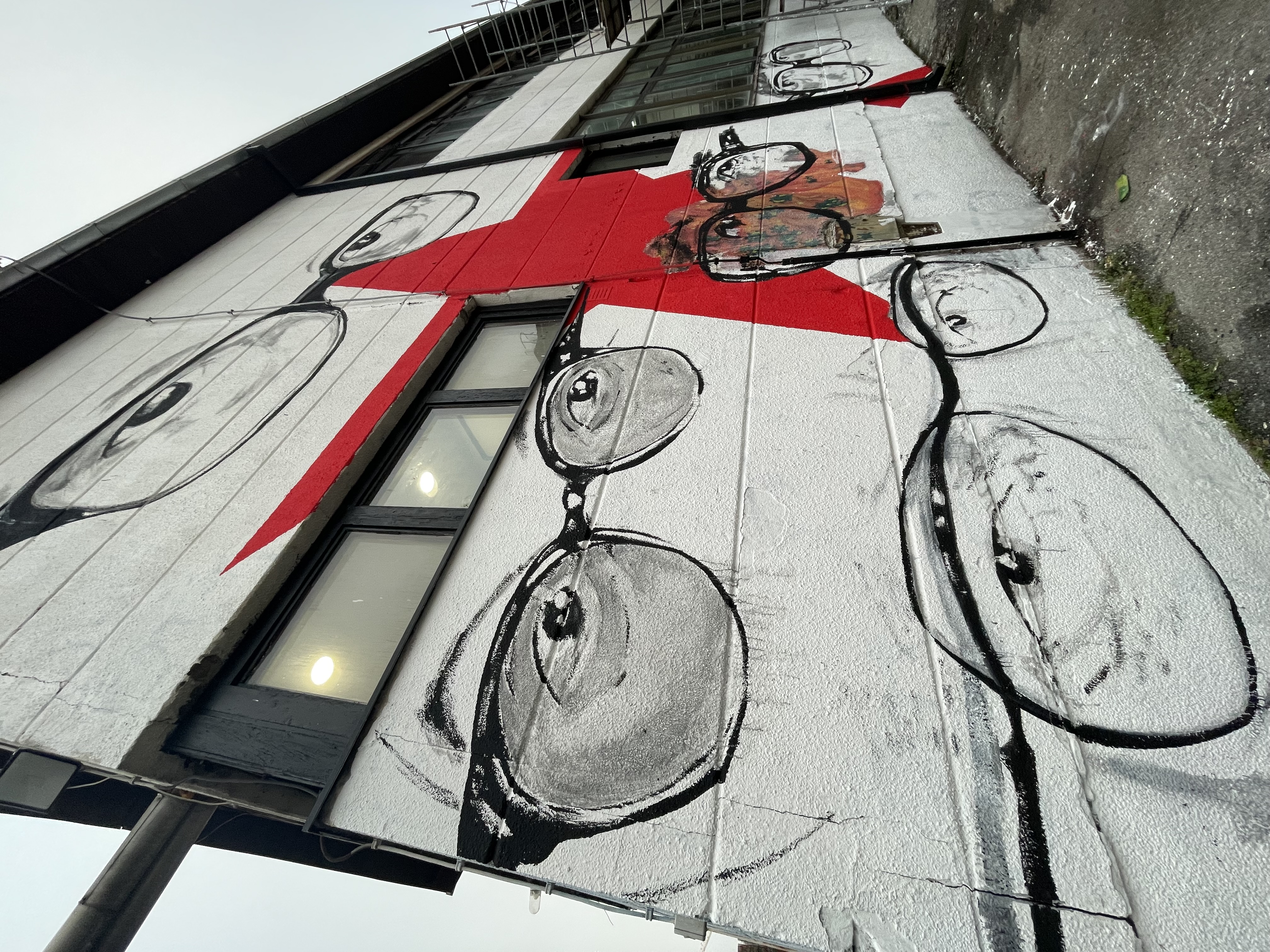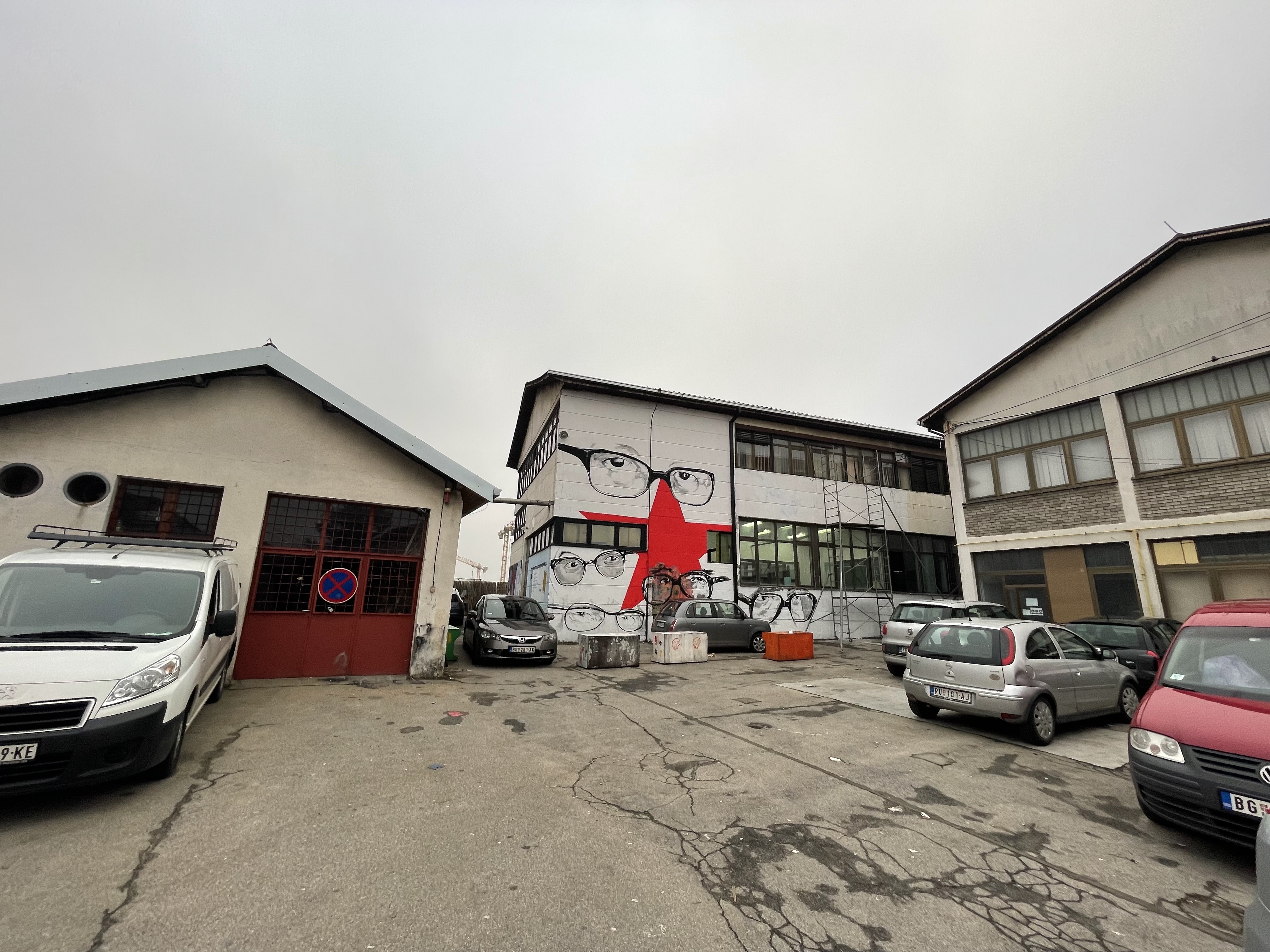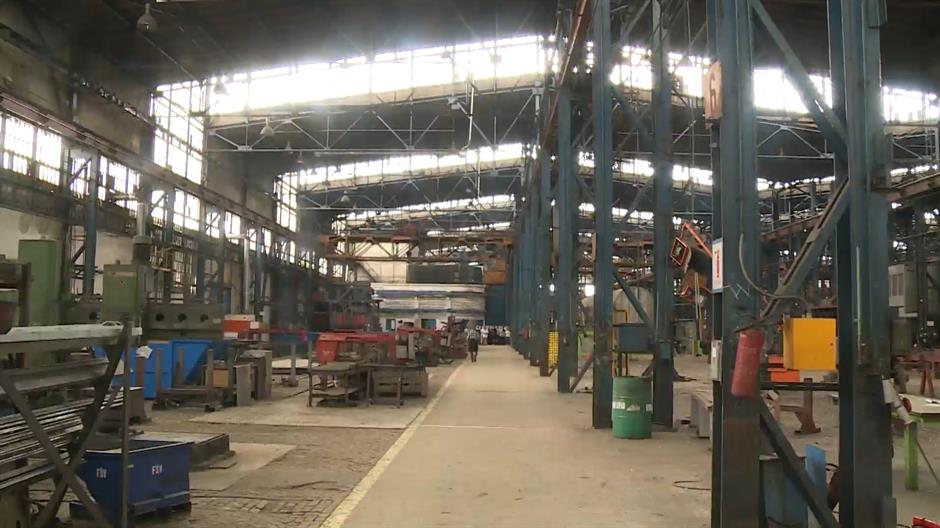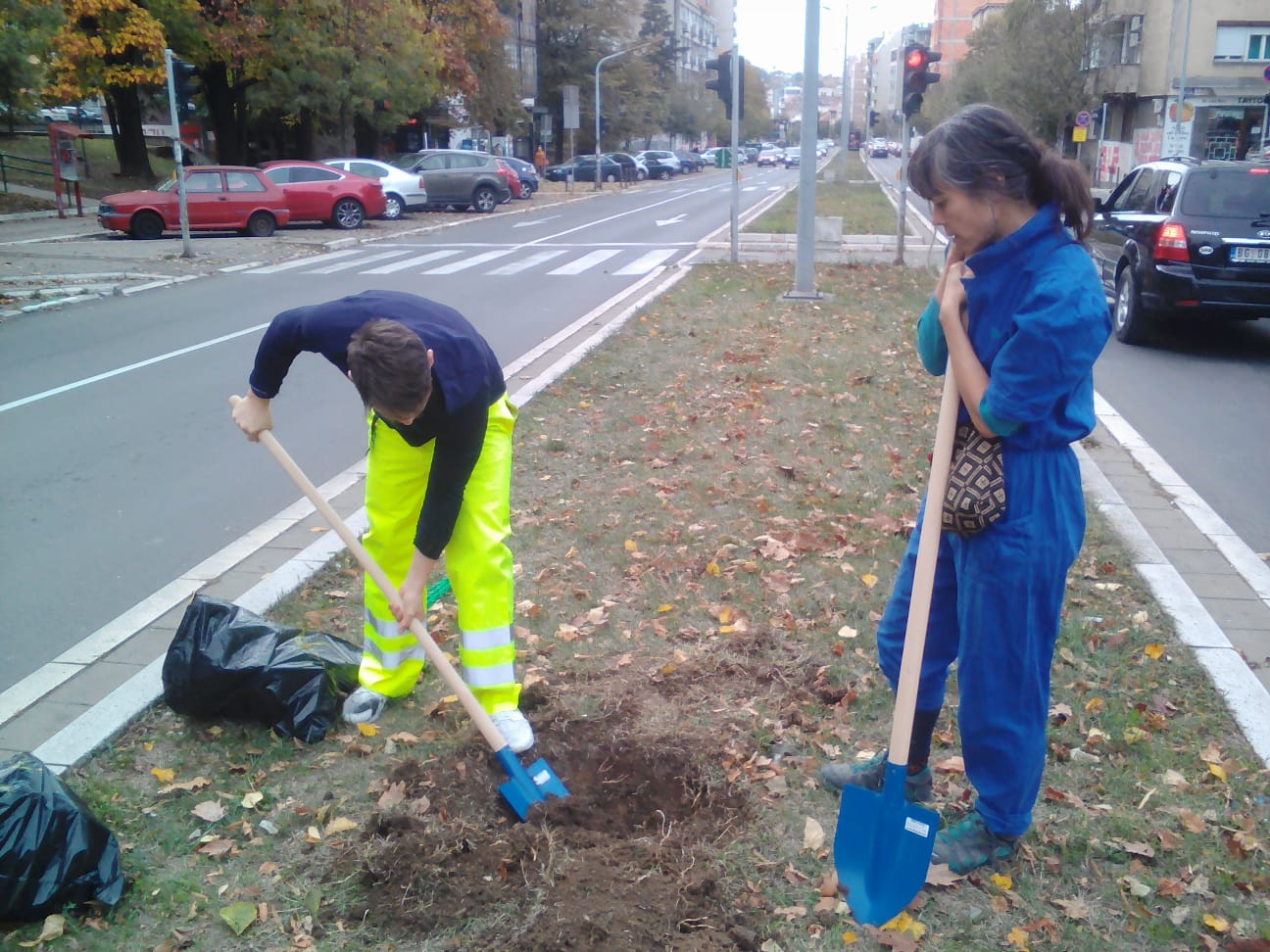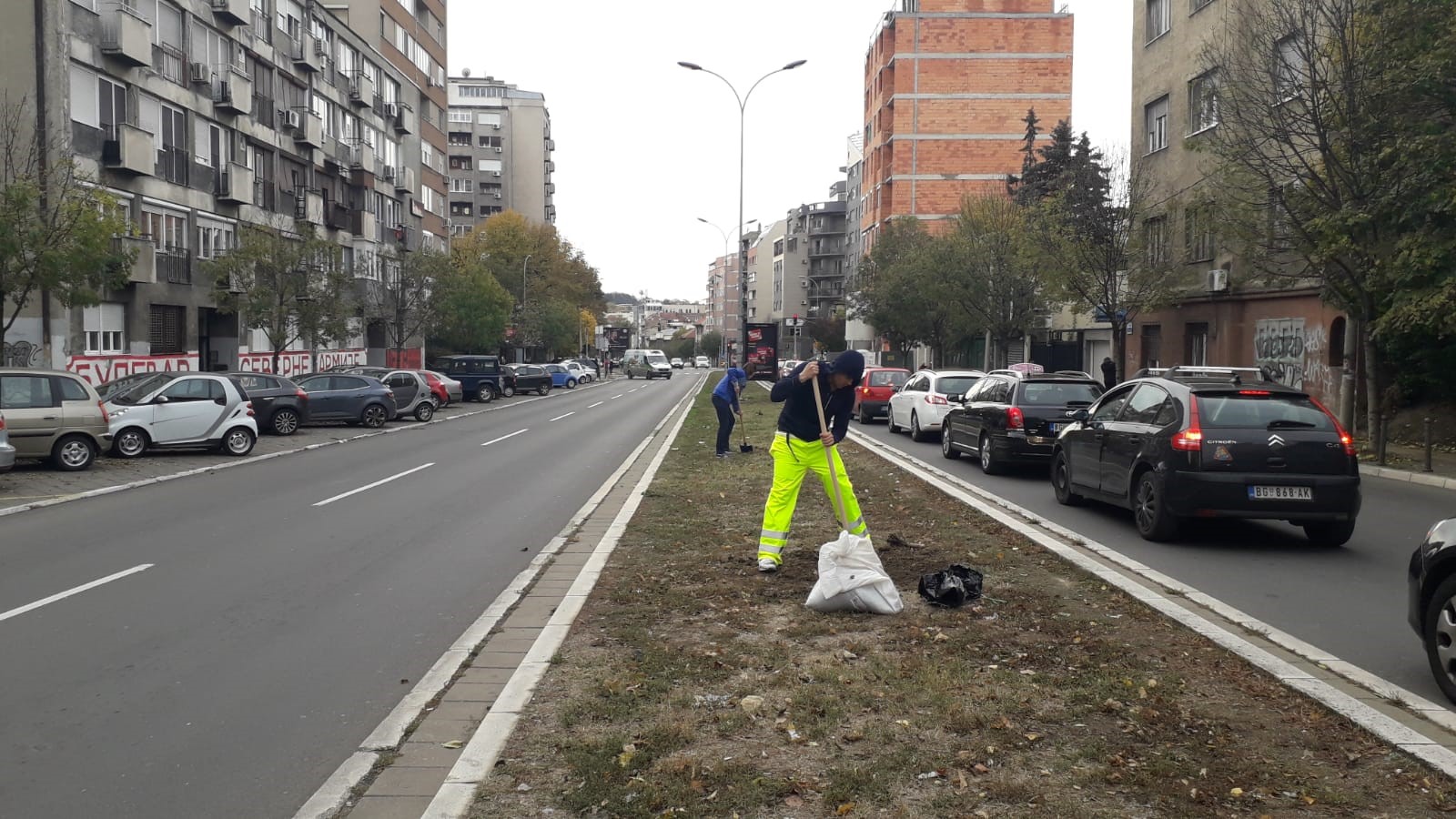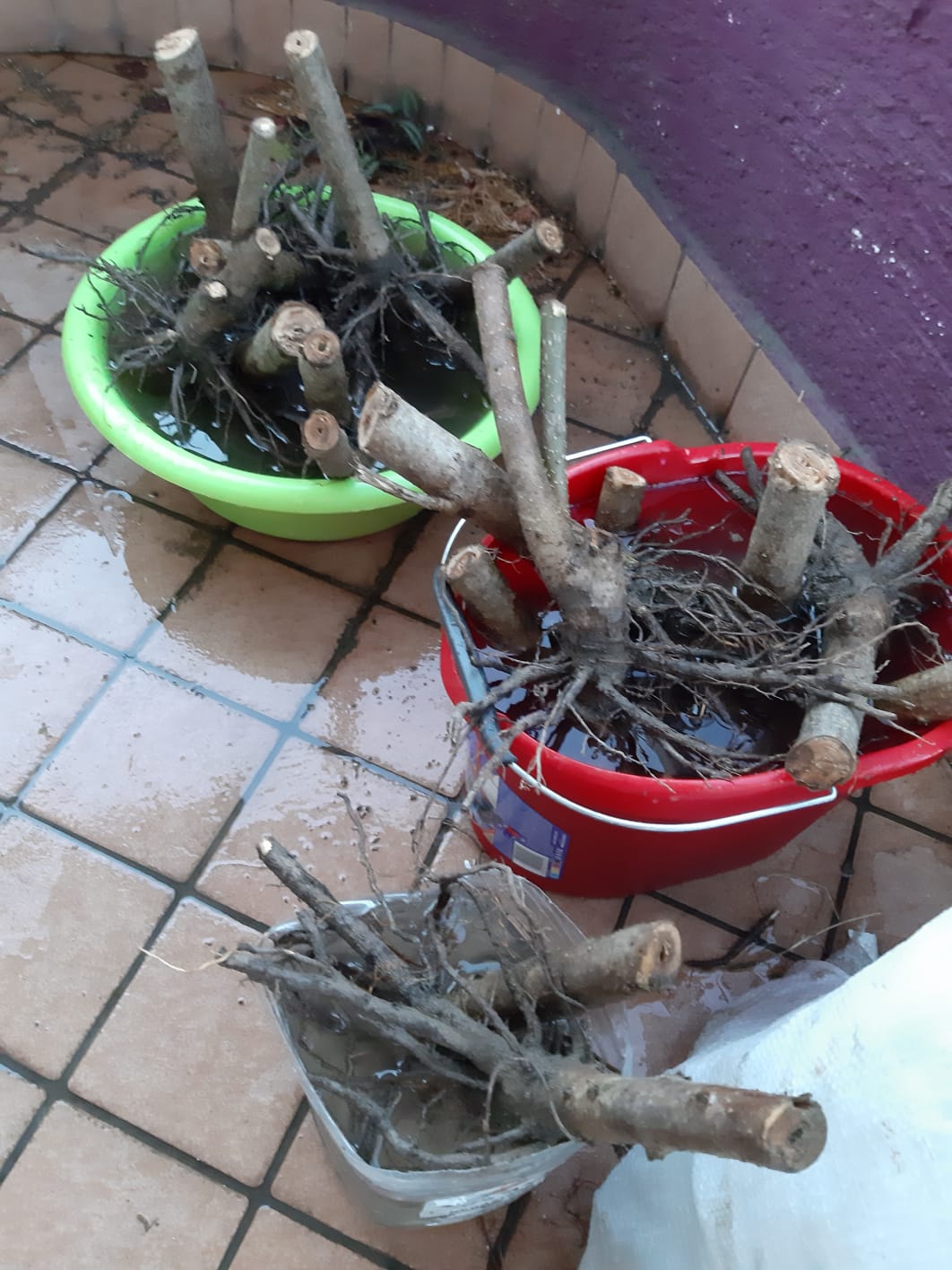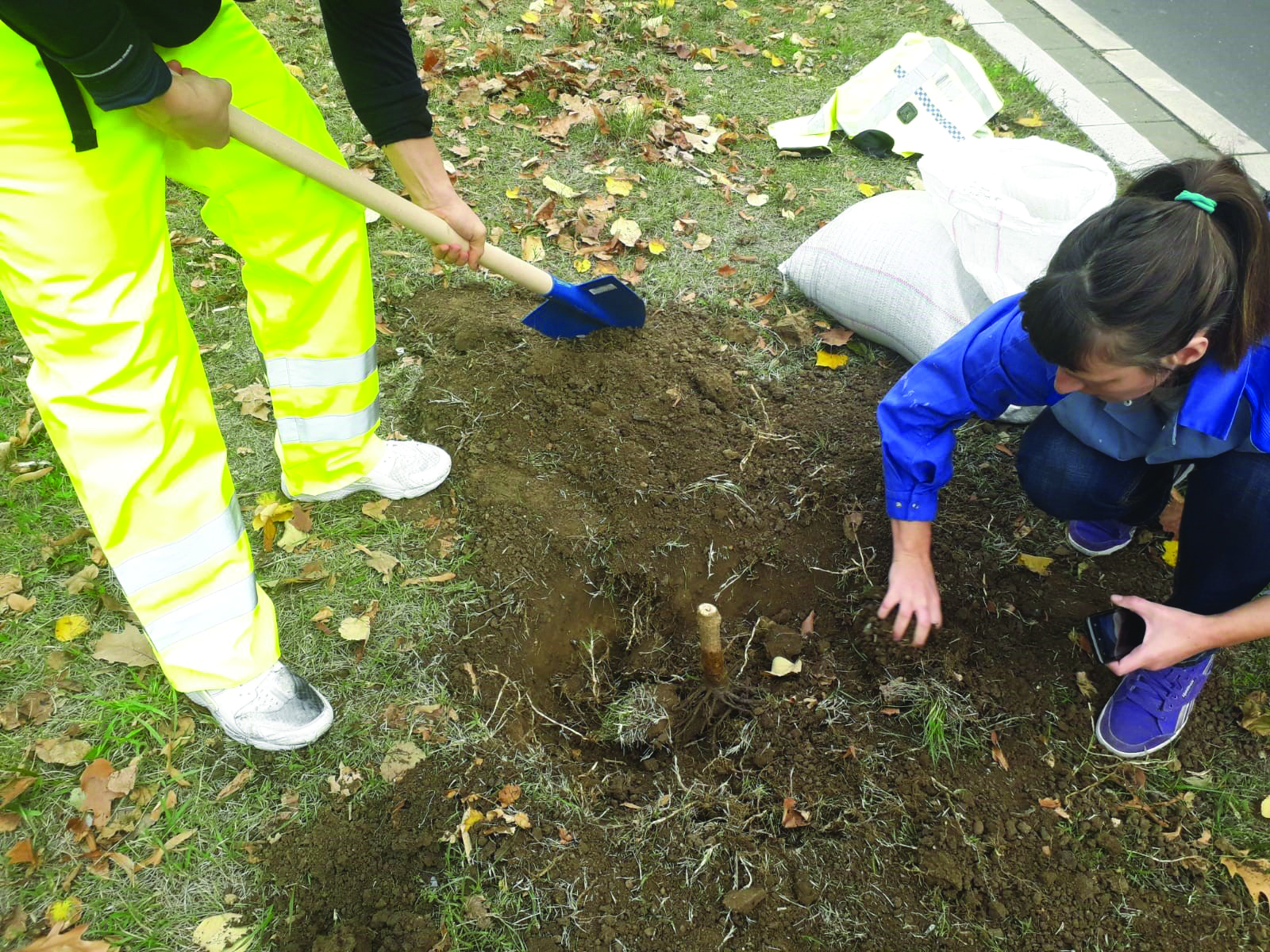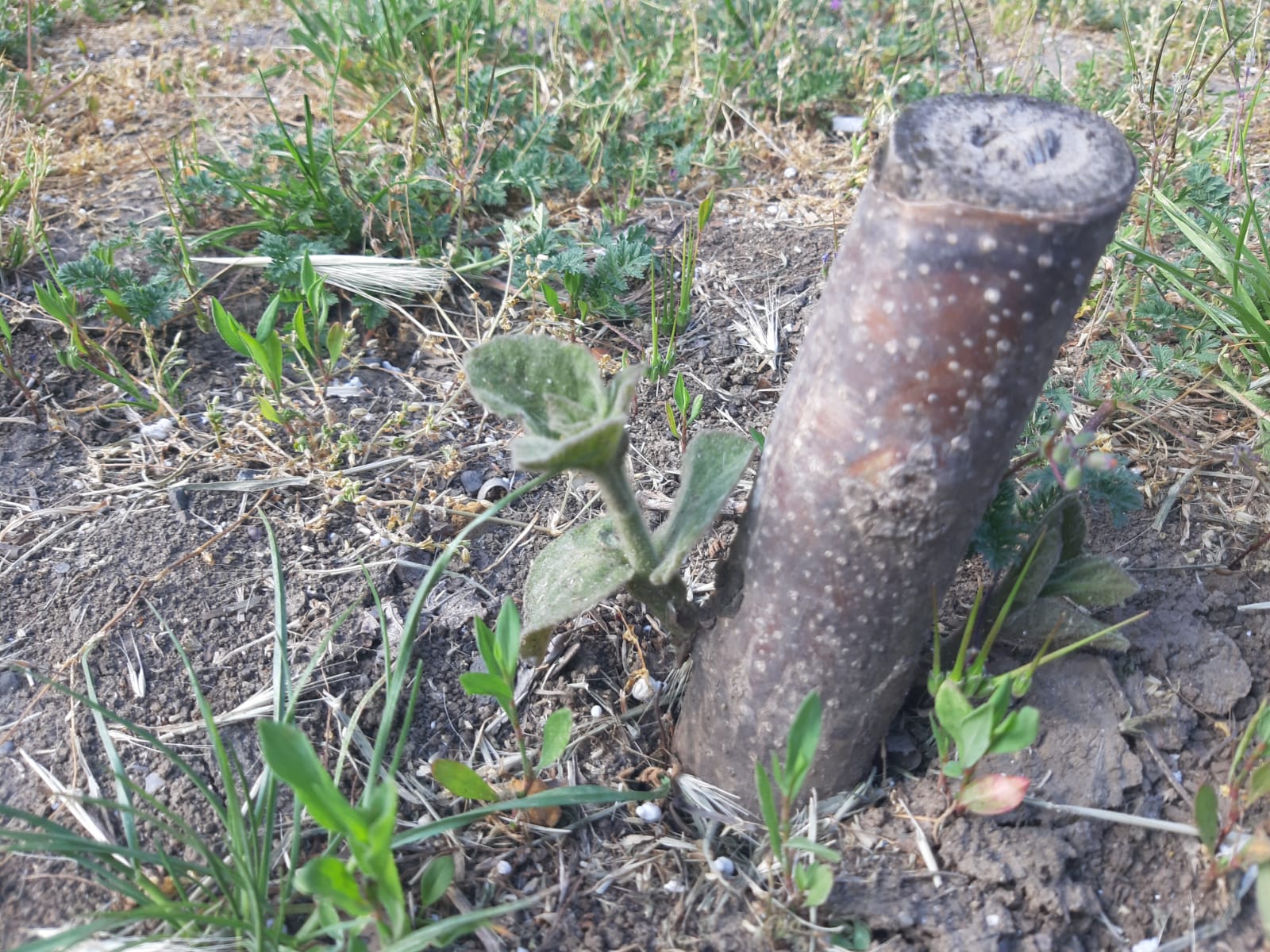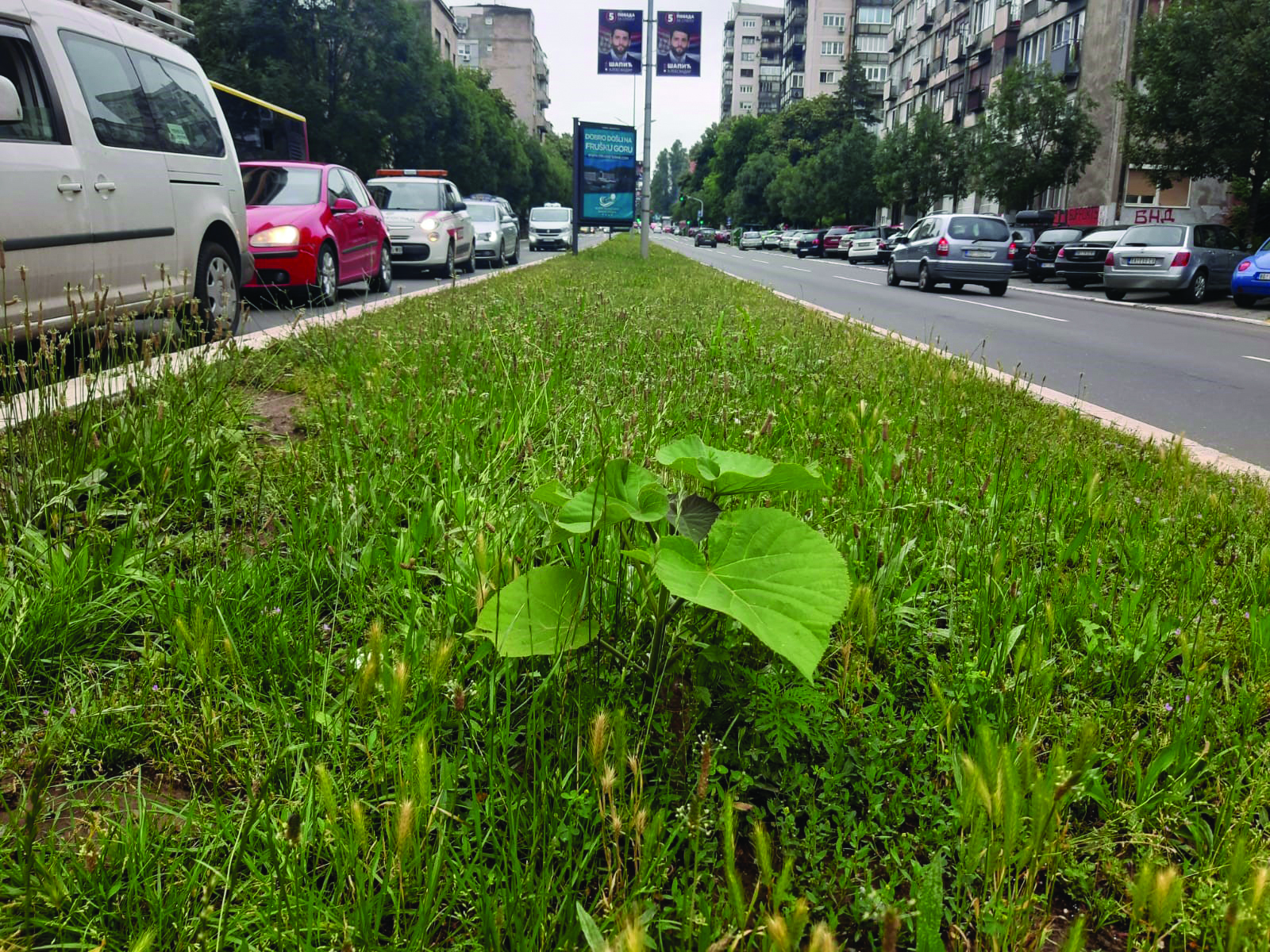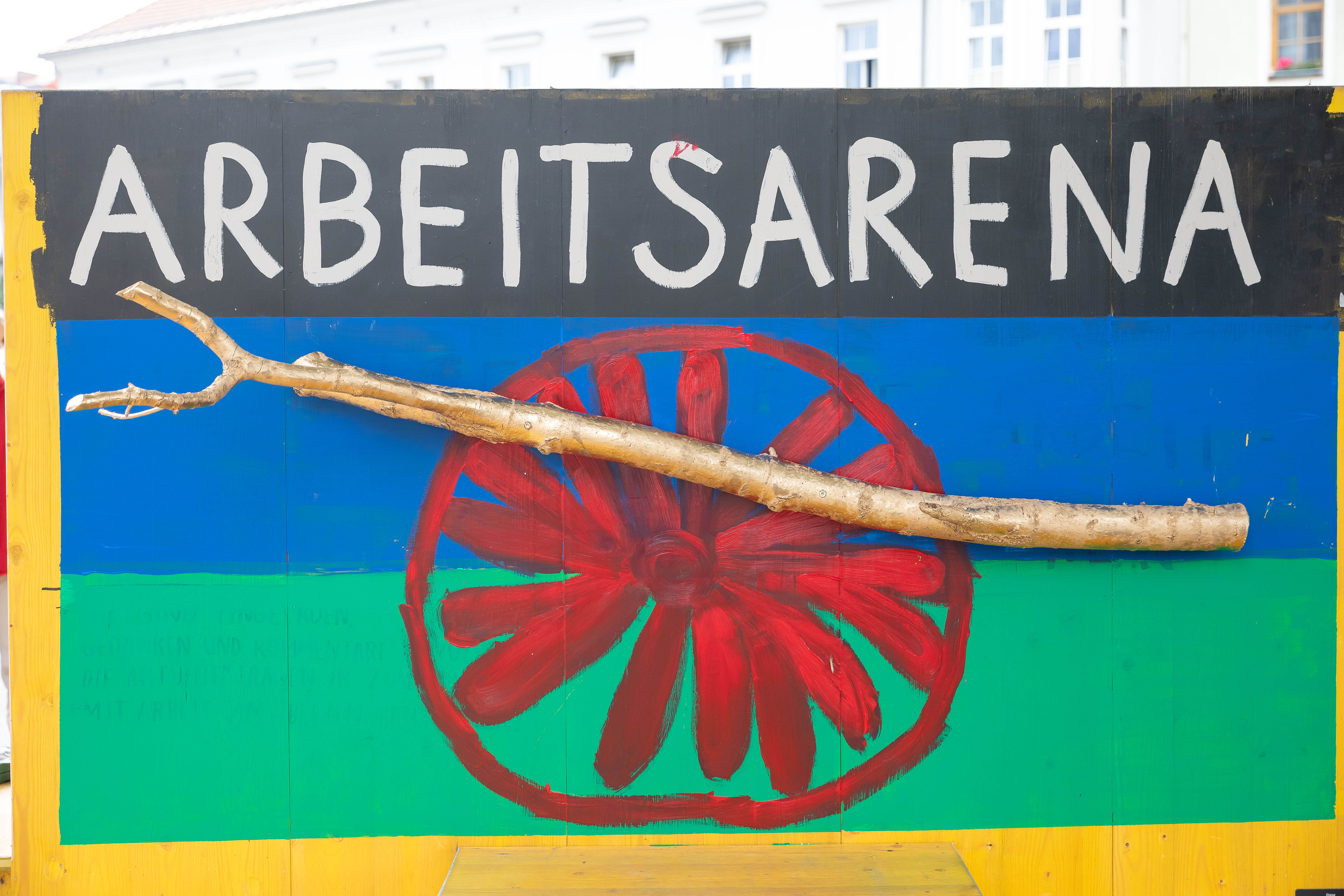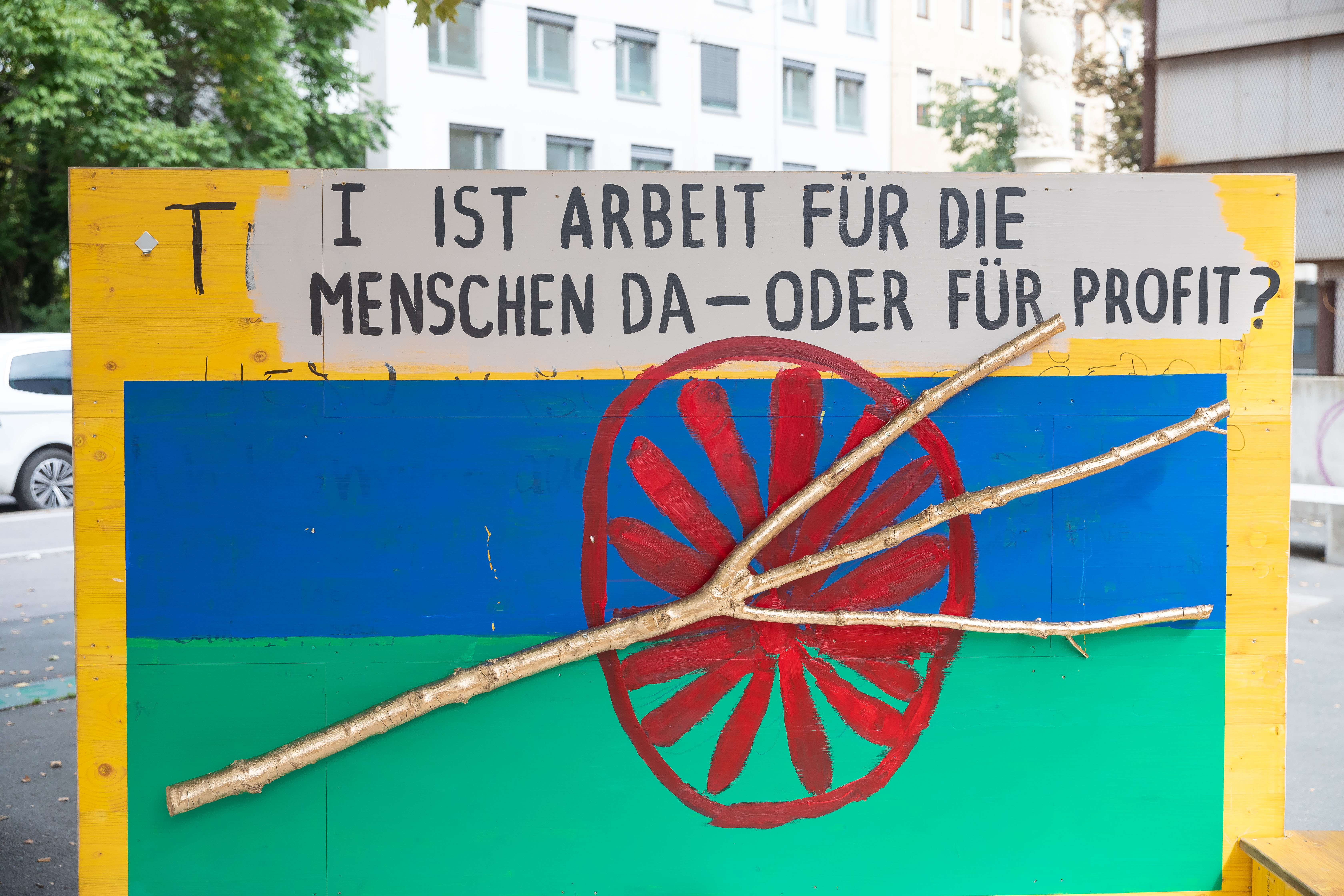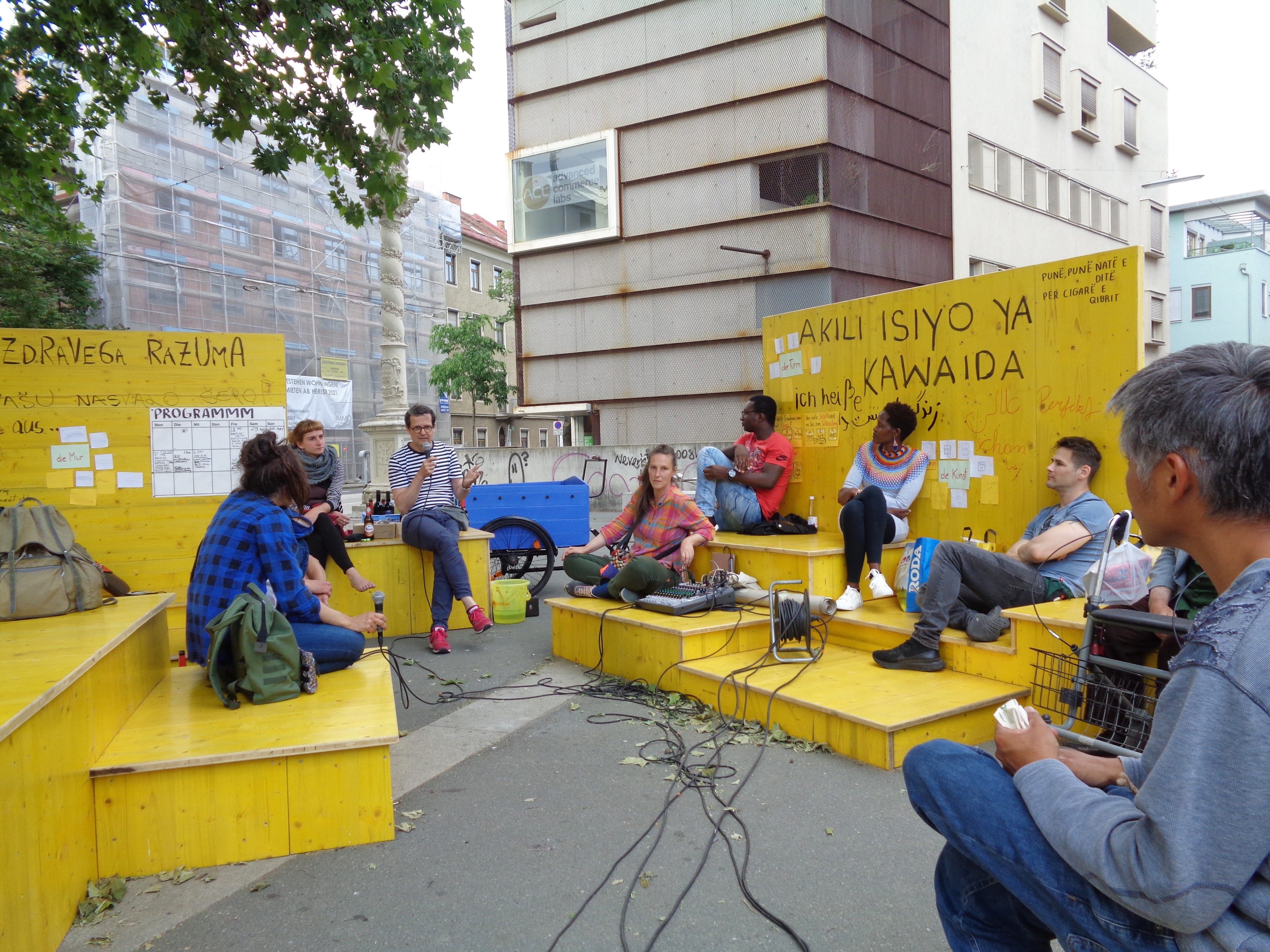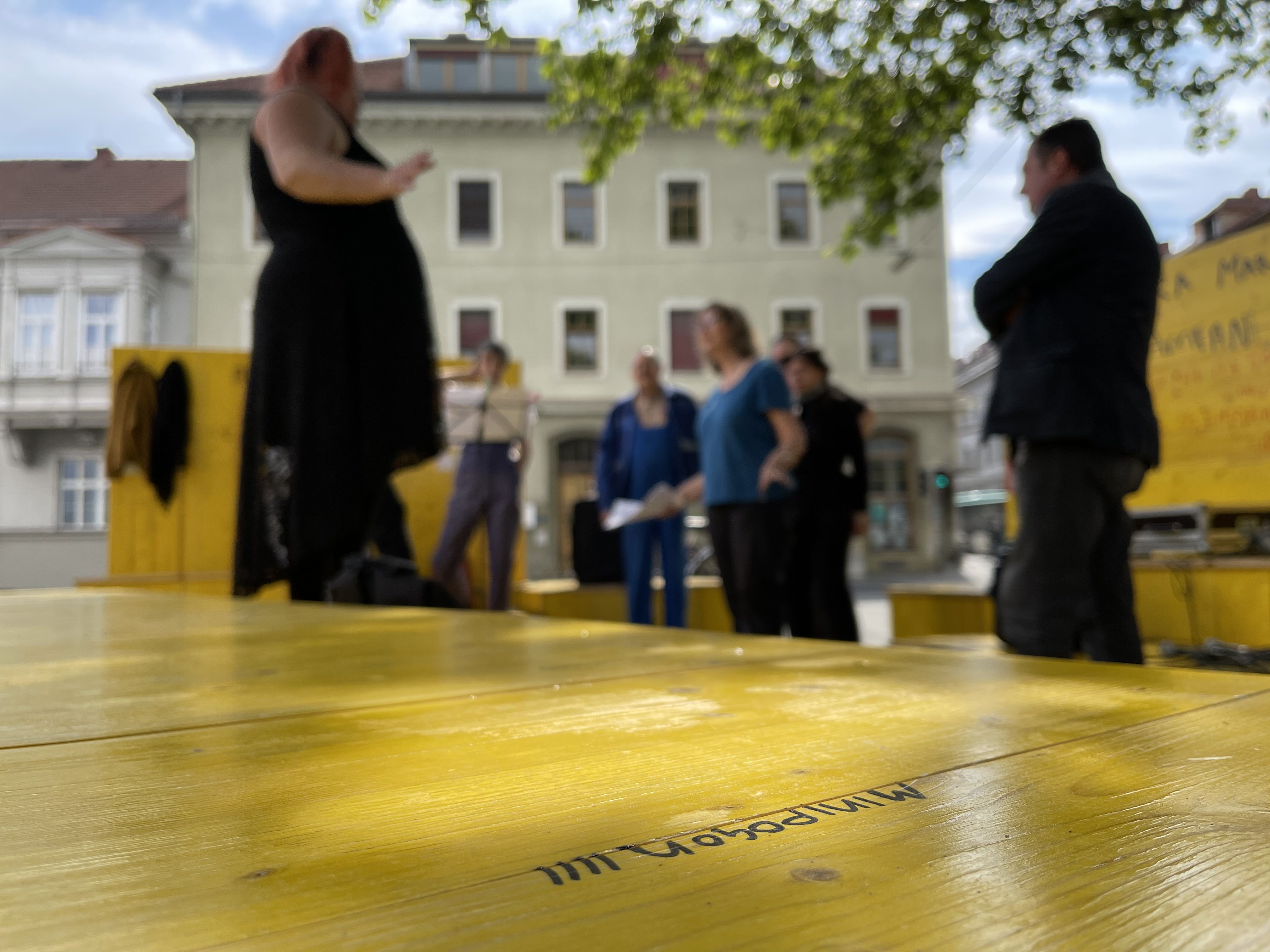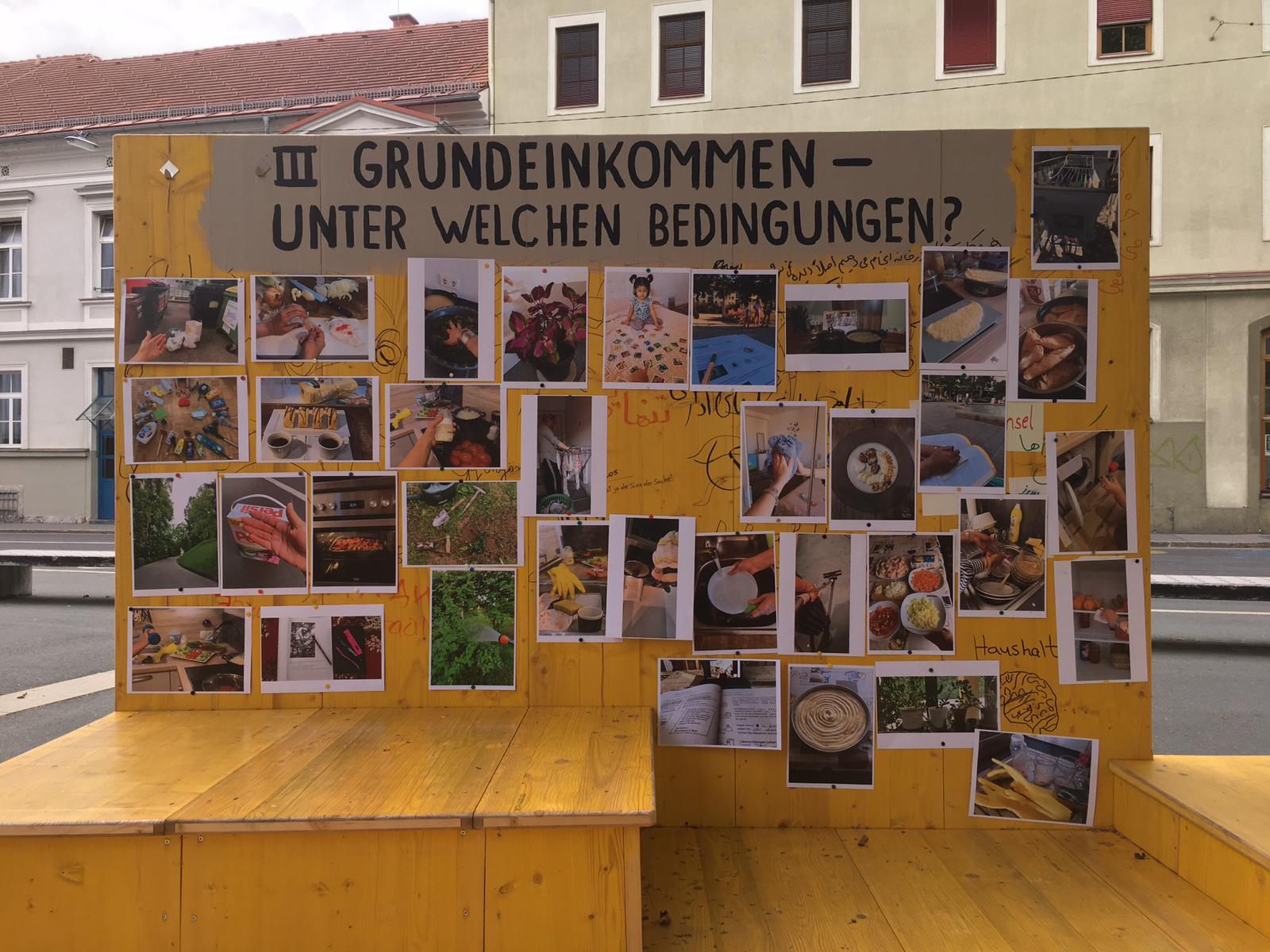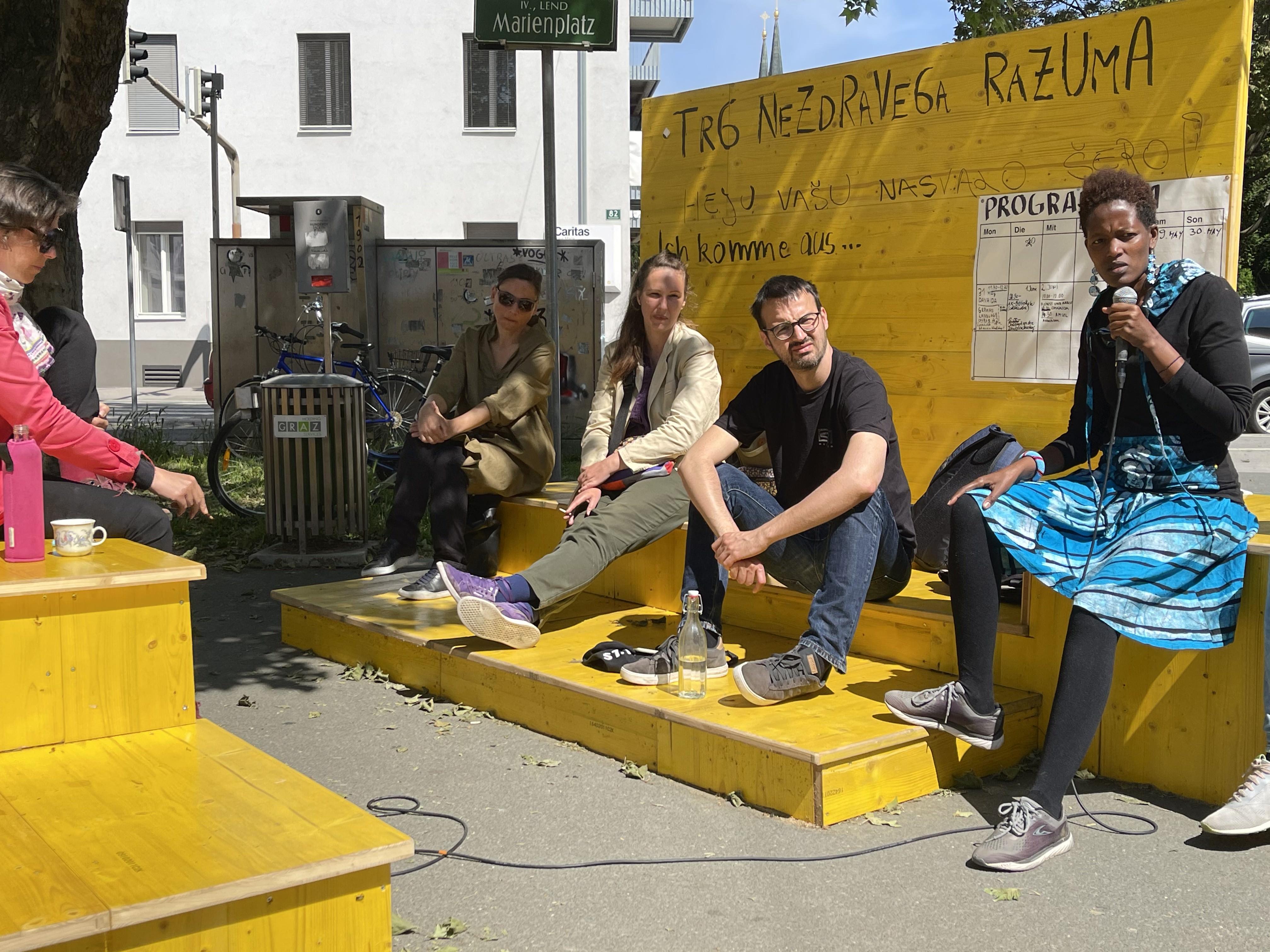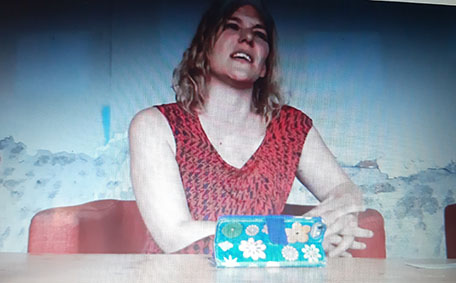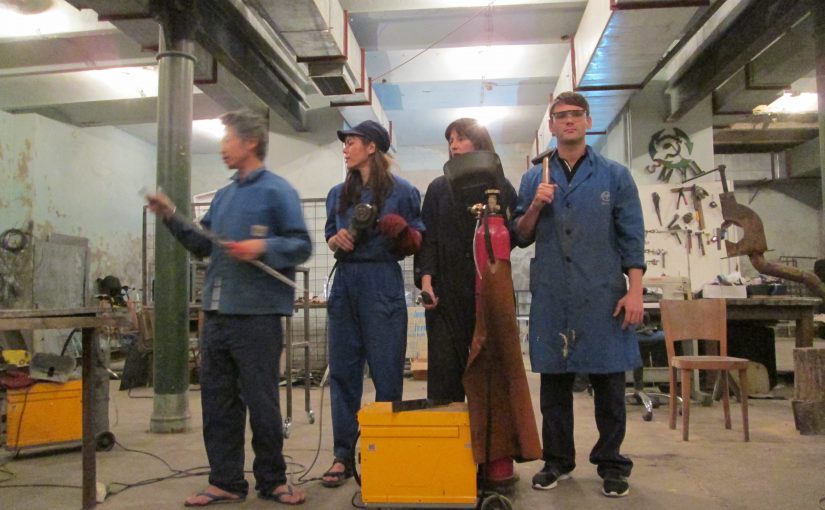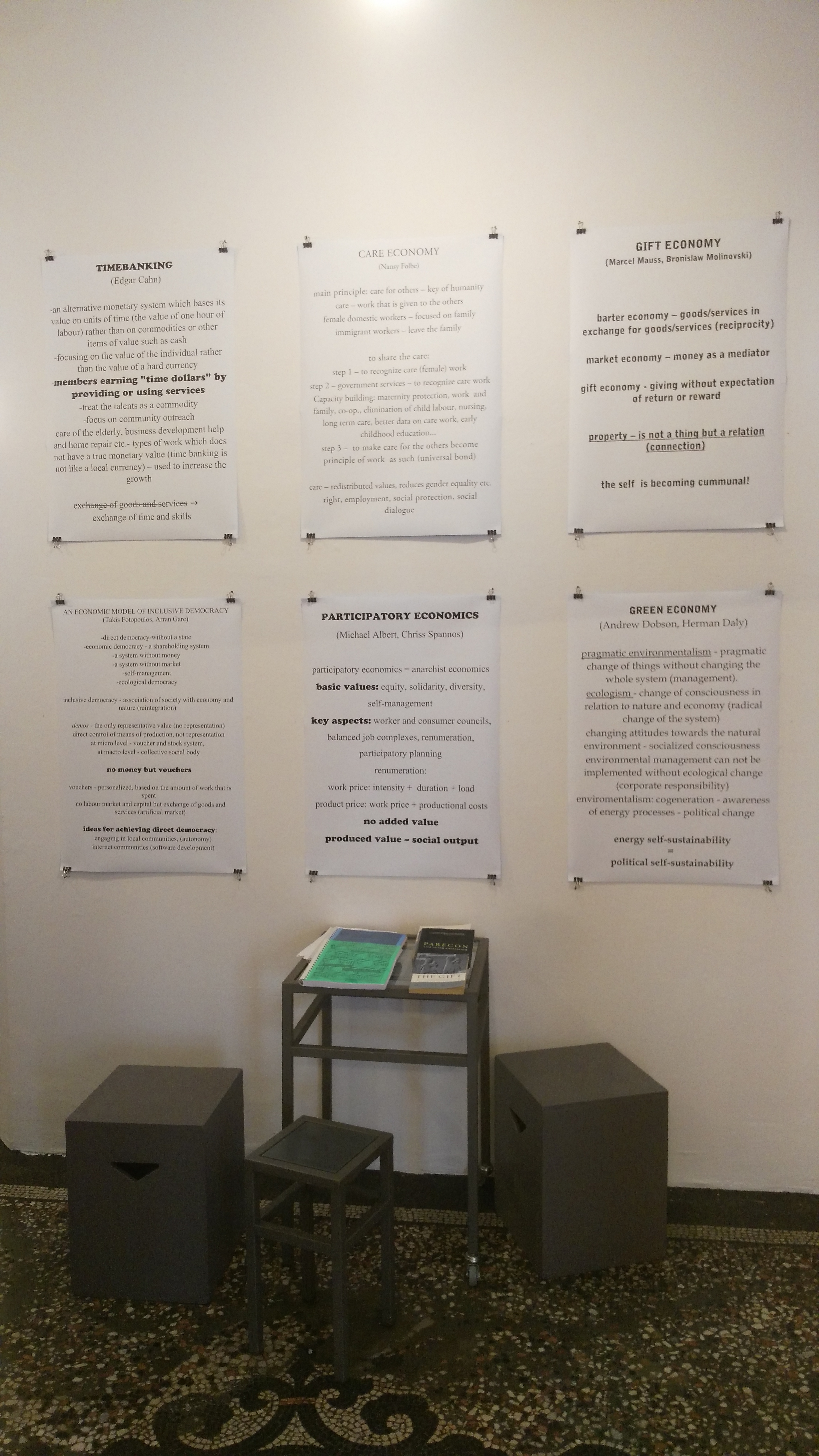art education, 2020-2022.
MINIPOGON is an experimental production plant for plastic recycling that explores alternative production methods, cooperative relations, self-management and develops the concept of equity with an economic base. This is a project that implies an intervention in the field of work (in culture), its deconstruction and new creation within the marginal and rejected. The production plant for making objects from recycled plastic works through the inclusion of marginal social groups (in this case students who are about to enter the field of work). The project tries to create a field for consideration of new social and economic values, but also to create a place where the politicization of production relations will be practically feasible and possible.
The project TECHNOLOGY OF ART CREATION – WORLD OF PLASTIC WASTE is realized by the minipogon group in cooperation with an organization focused on socially engaged practice – kuda.org and the Bogdan Šuput High School of Design from Novi Sad, with the participation of a number of foreign collaborators, such as Rachel Clipa, program manager Office for Public Art (OPA) from Pittsburgh, Natalie Deewan, an independent artist from Vienna and Aleksandar Carić, an alternative musician from Portugal.
The project involved the organization of an extracurricular program of practical workshops through which students were trained to design and create products from recycled plastic, as well as to create their own awareness of sustainable living and a fair, environmentally responsible way of working (in art). Through several weeks of workshops, the students had the opportunity to learn about all segments of the process of processing plastic waste, which was collected directly at the school location, into ready-made designed products. This included collection, selection by type, preparation for shredding, shredding, pressing, extruding with the help of molds, etc., but also a series of discussions dedicated to a completely new approach to work, art, technology, sociality and design. The finale of one of the public workshops held in the spring of 2022 was rounded off with a concert that combined sound machines, instruments made from waste and voices.
Workshops with students were held in the premises of the School and the kuda.org organization during 2021 and 2022, as well as outdoors, at the Detelinara in Novi Sad. The final public event in the form of an exhibition and discussion of all involved in the project is held in the school hall. As part of it, the active participation of students and teachers in local culture will be promoted, as well as the entire process of raising public awareness about sustainable community life.
1st workshop:
2nd workshop:
3rd workshop:
Partners: Center for new Media kuda_org and High School for Design Bogdan Šuput, Novi Sad
Production: NED Foundation, USA Embassy, 2020-2022.
Realization: minipogon
